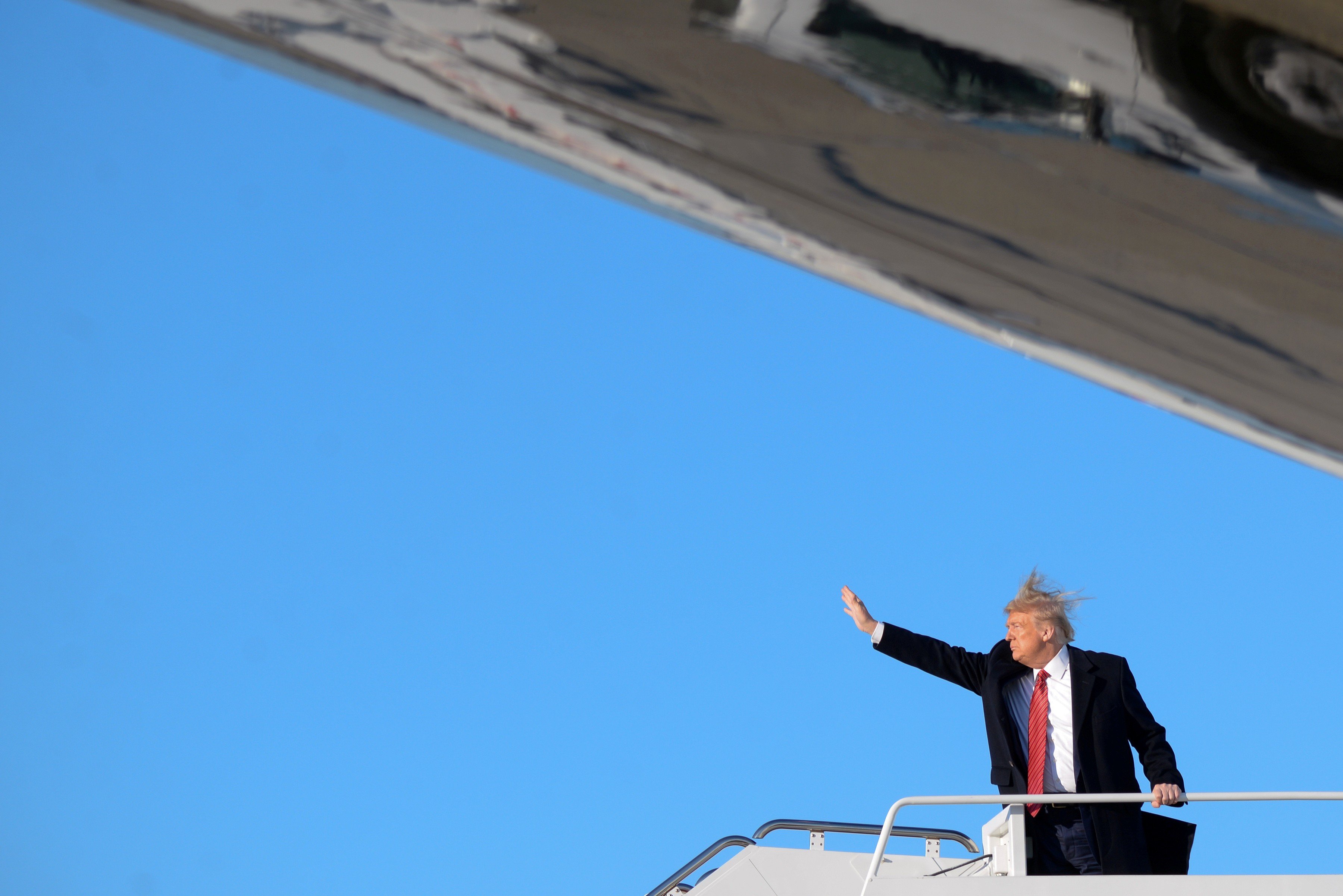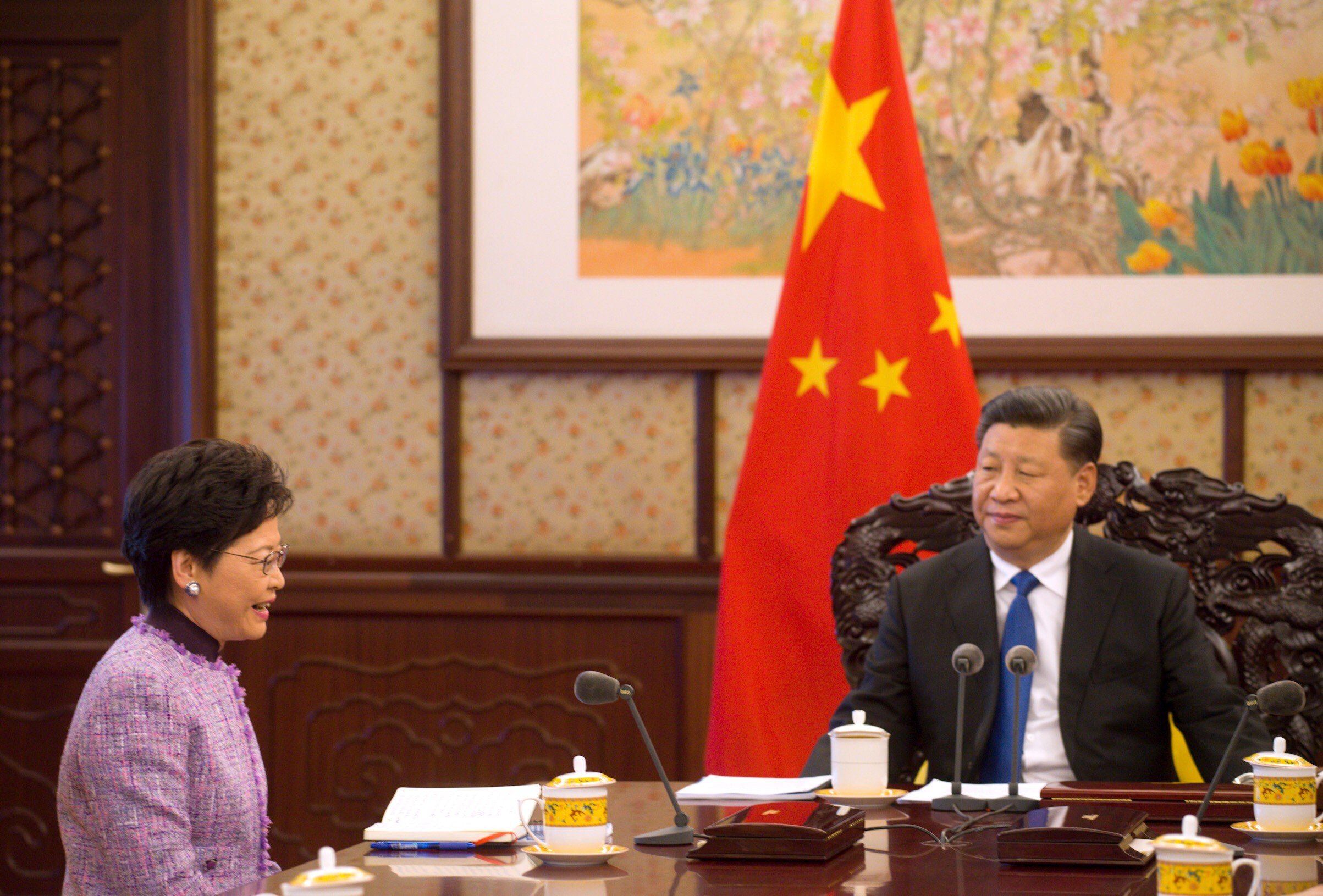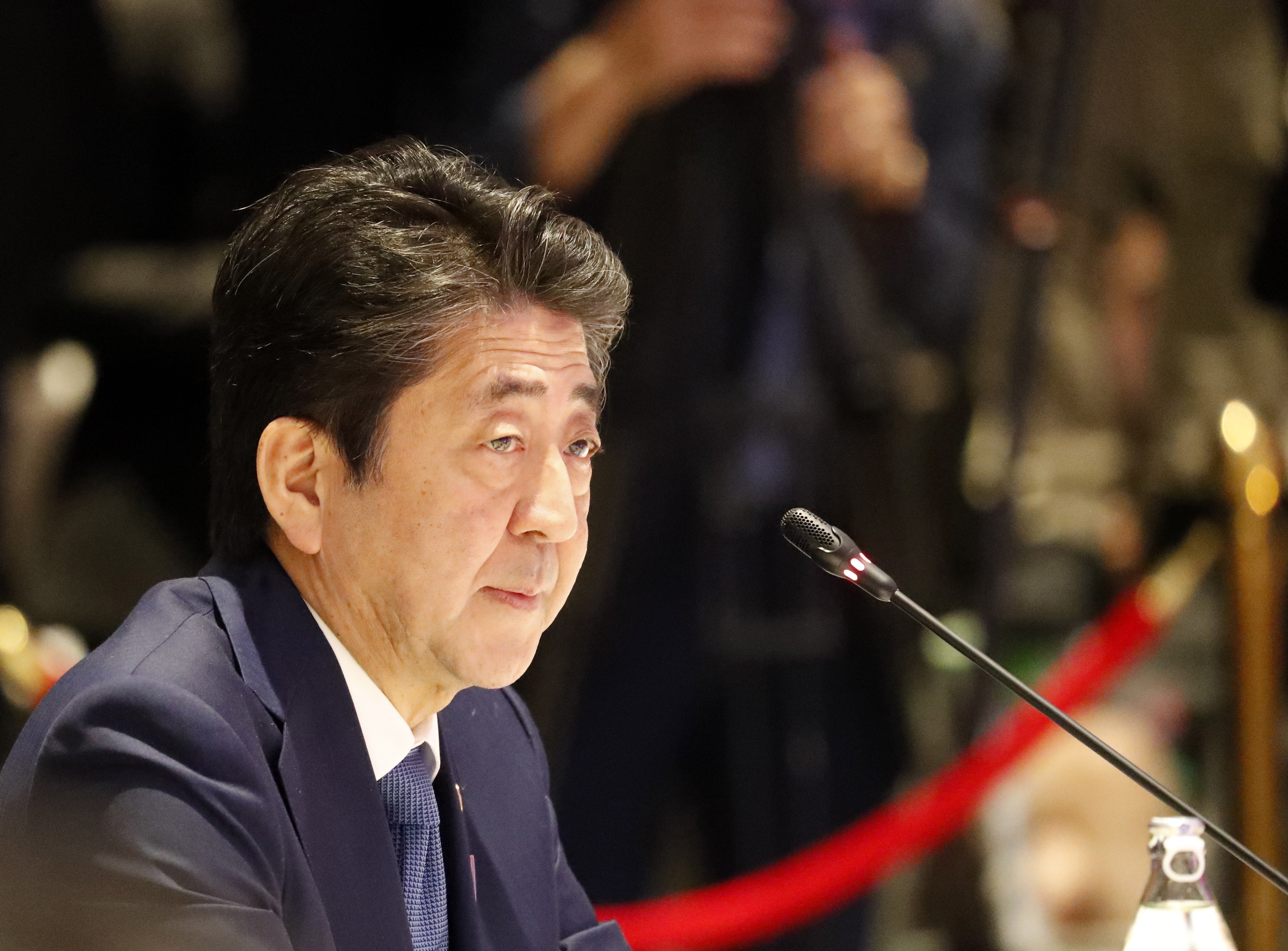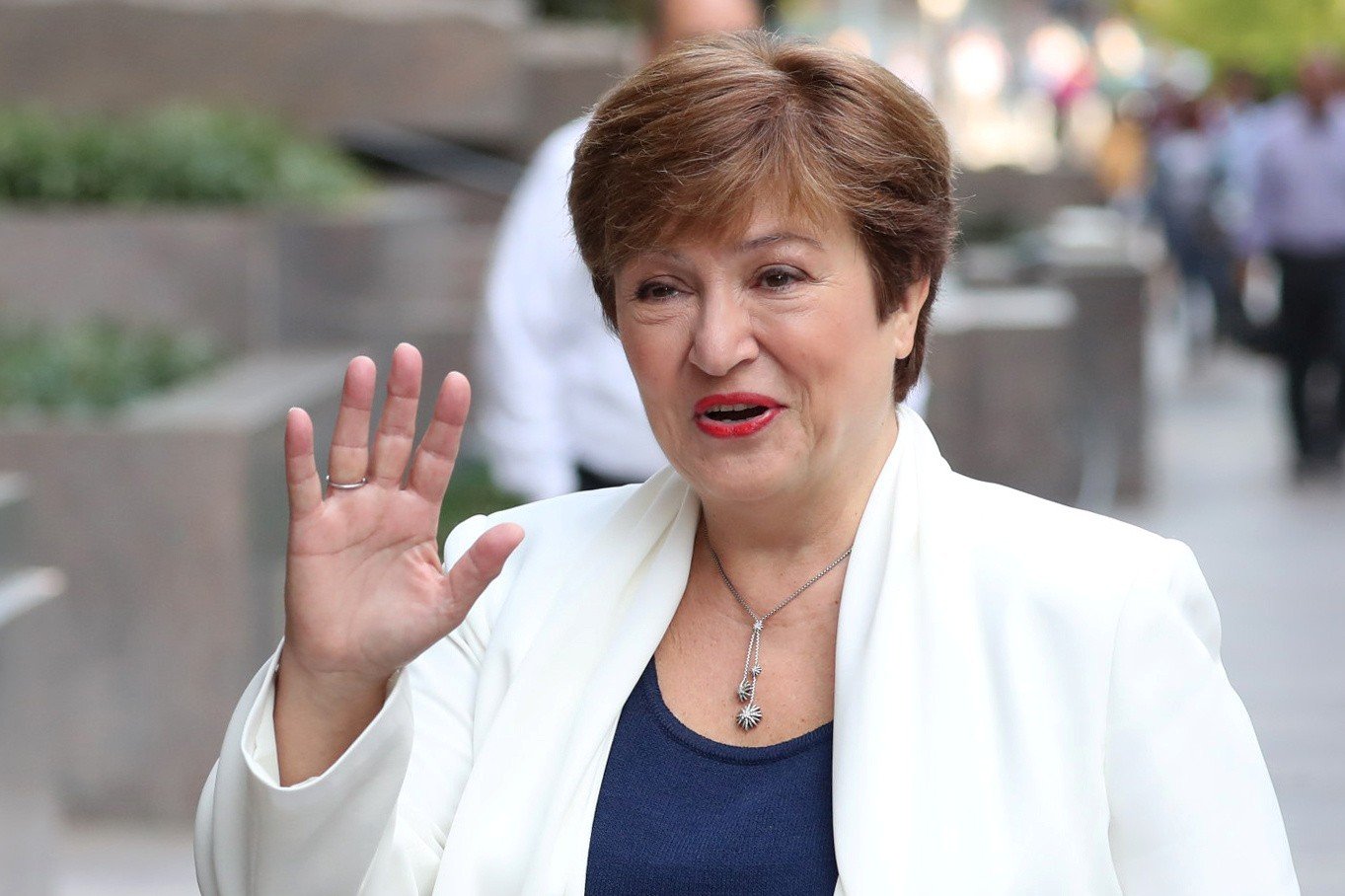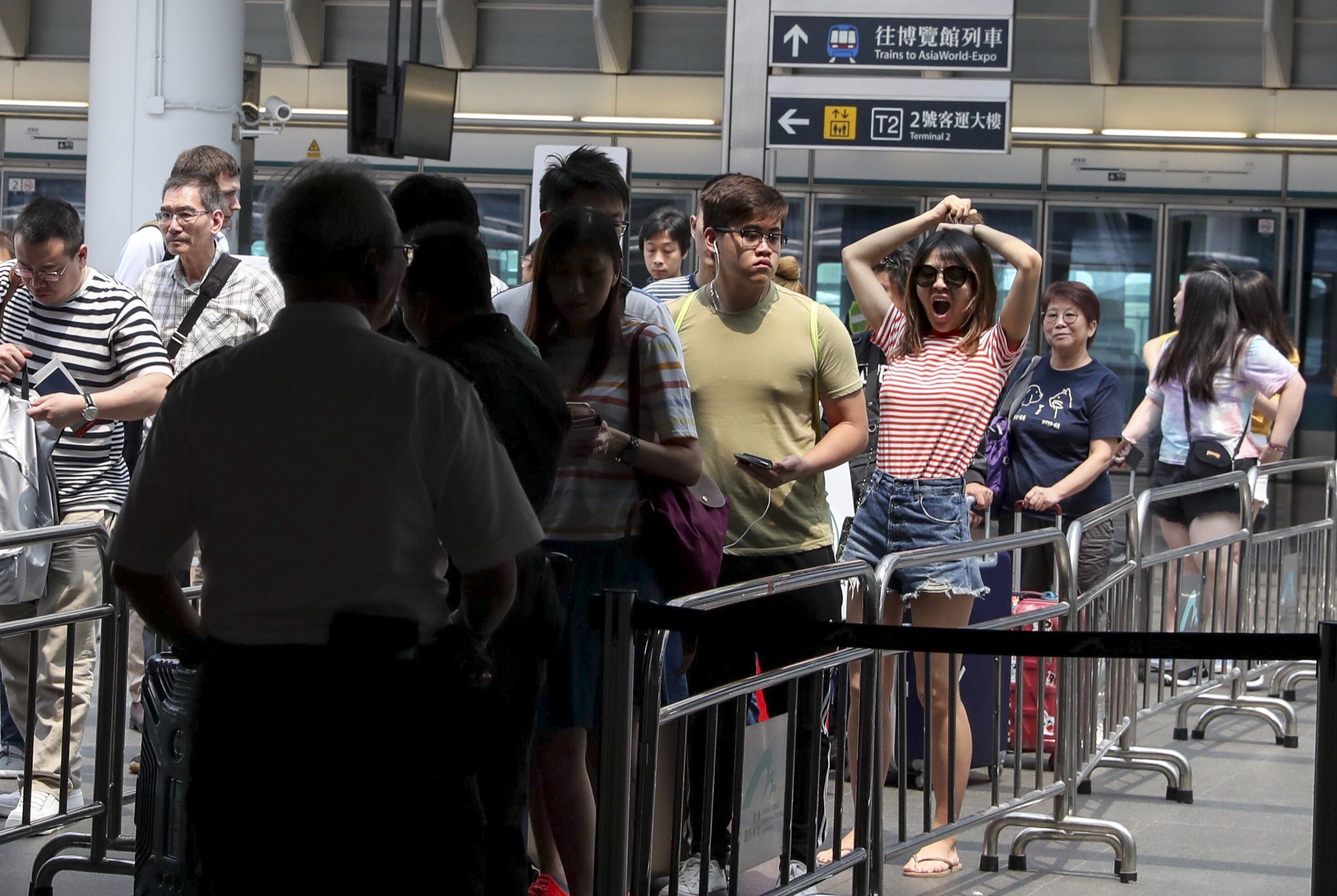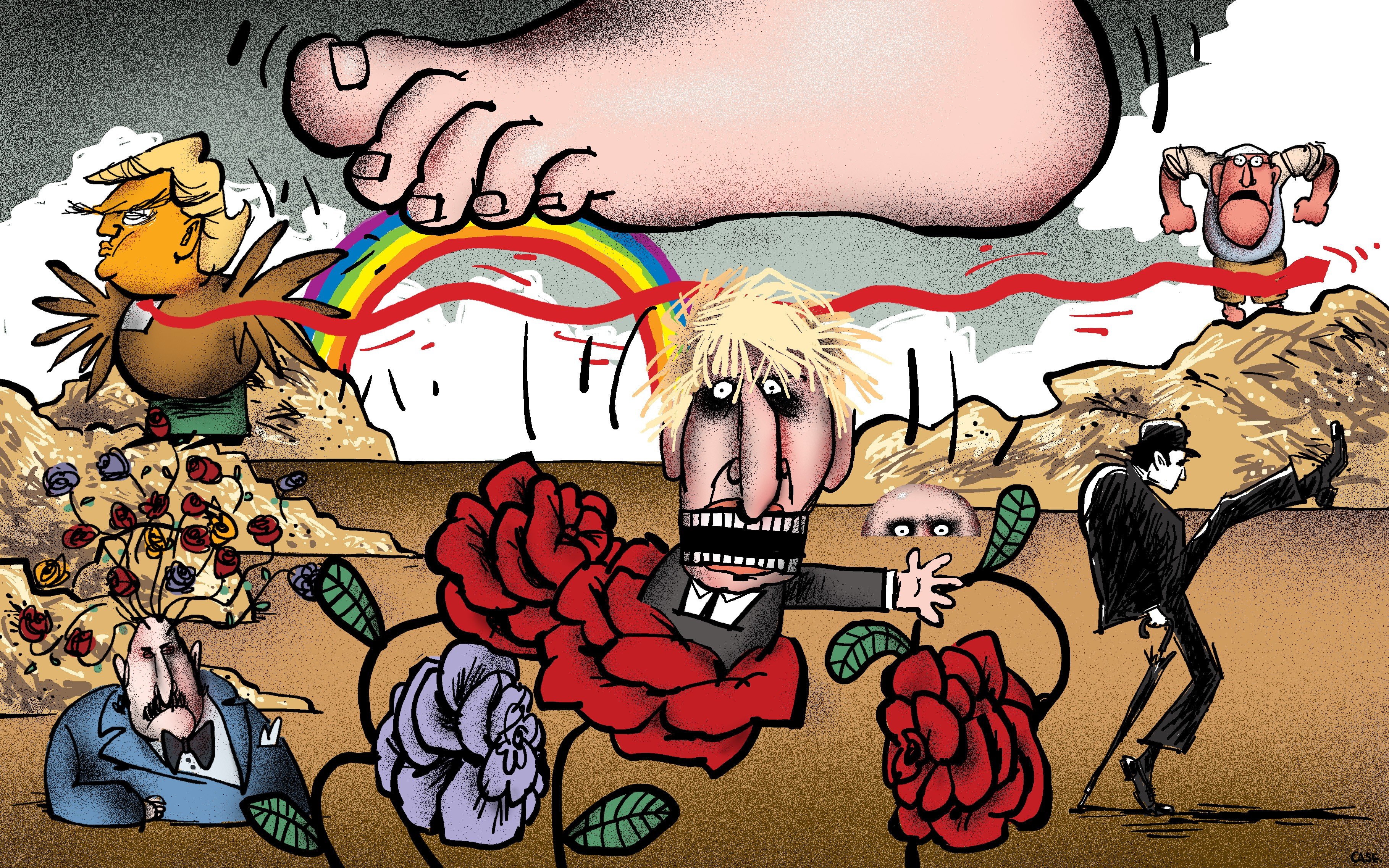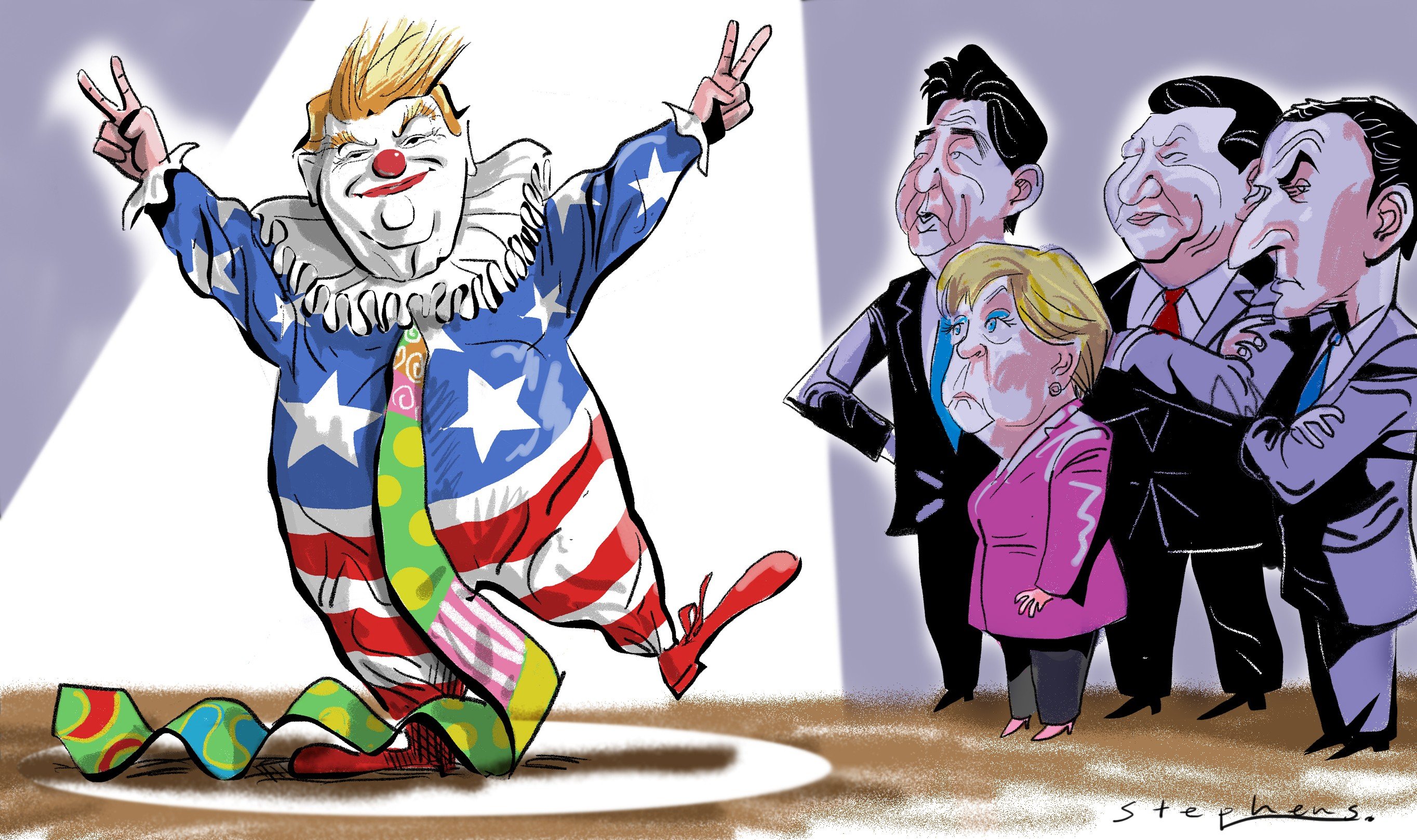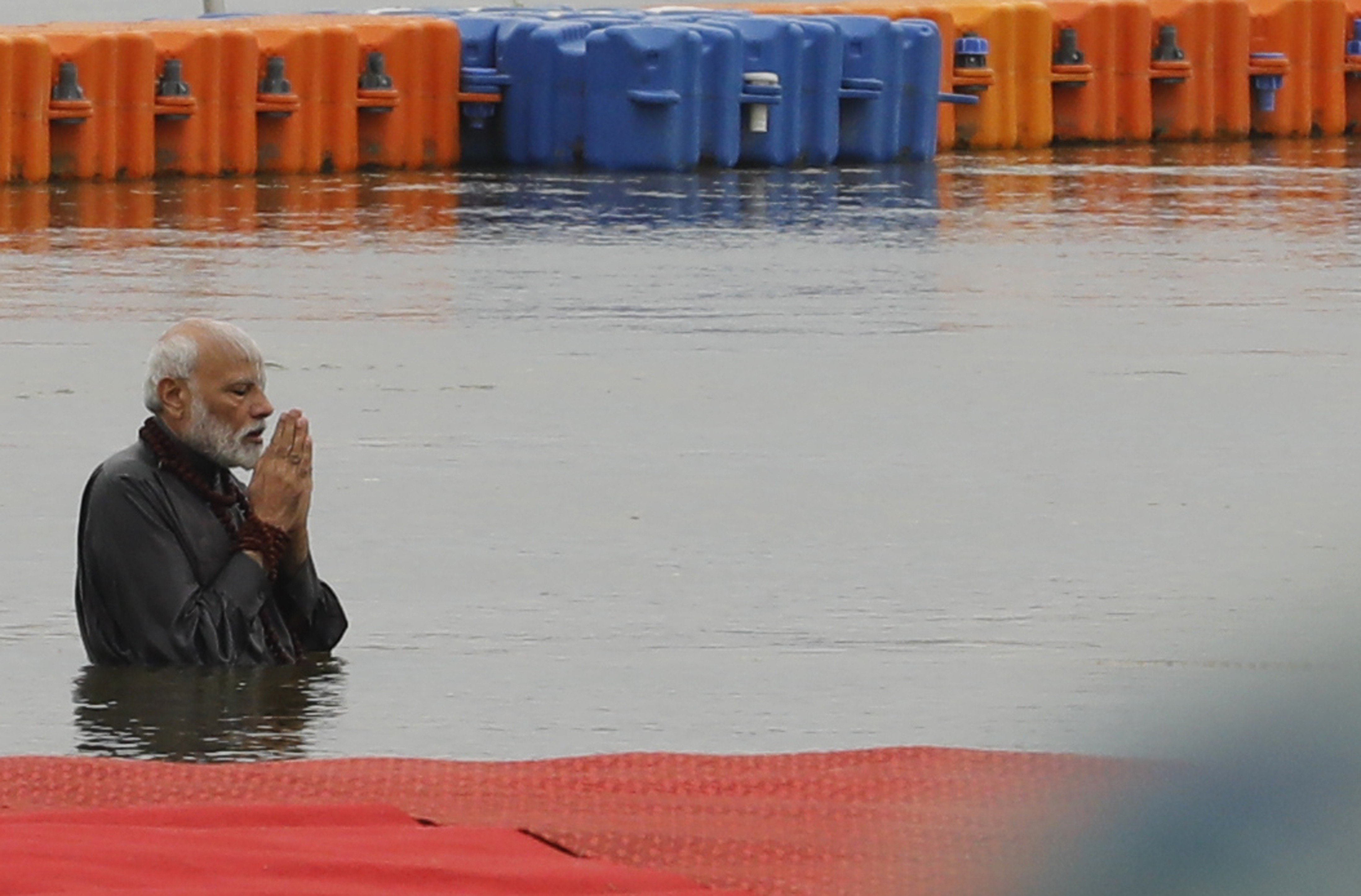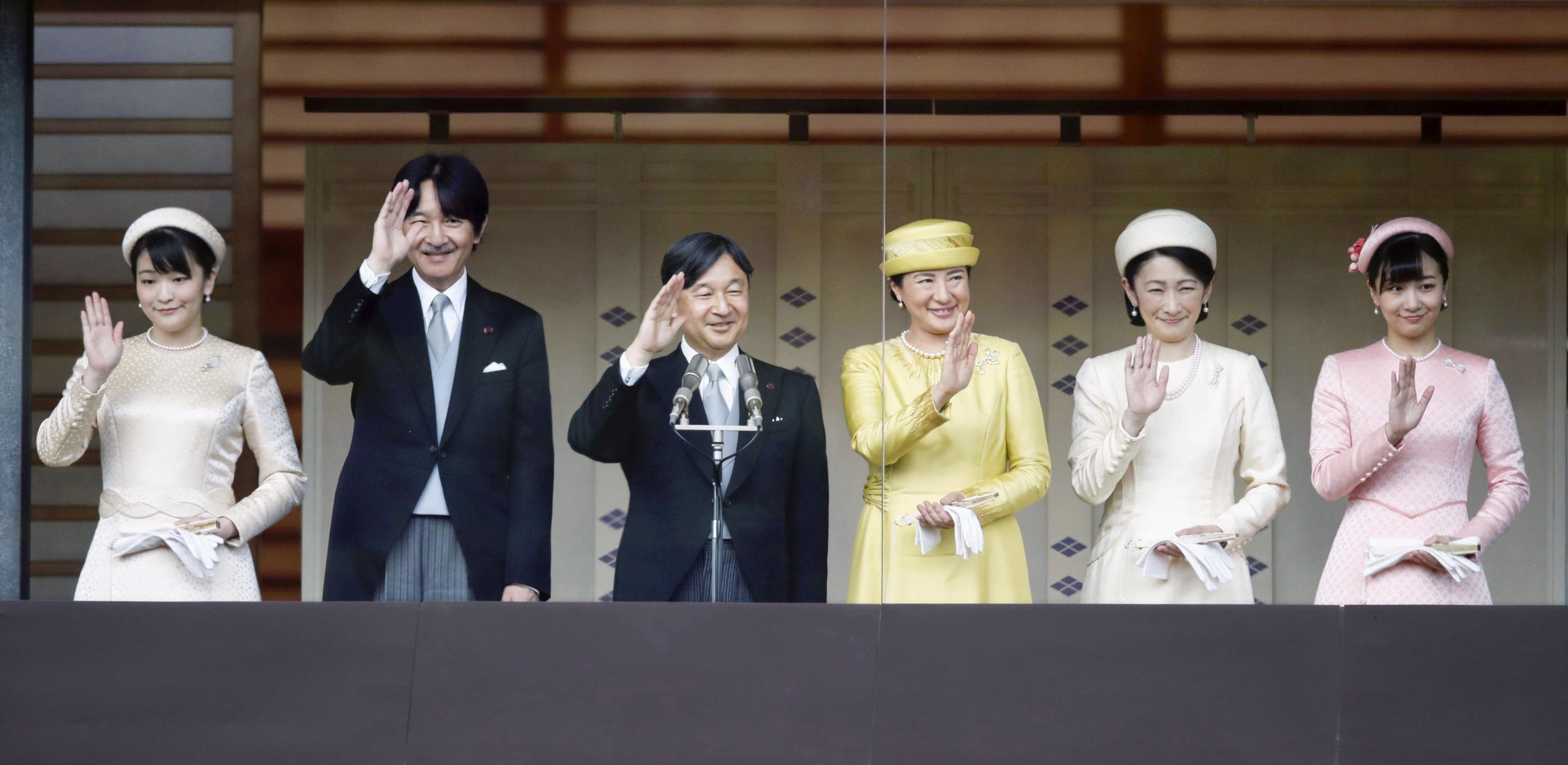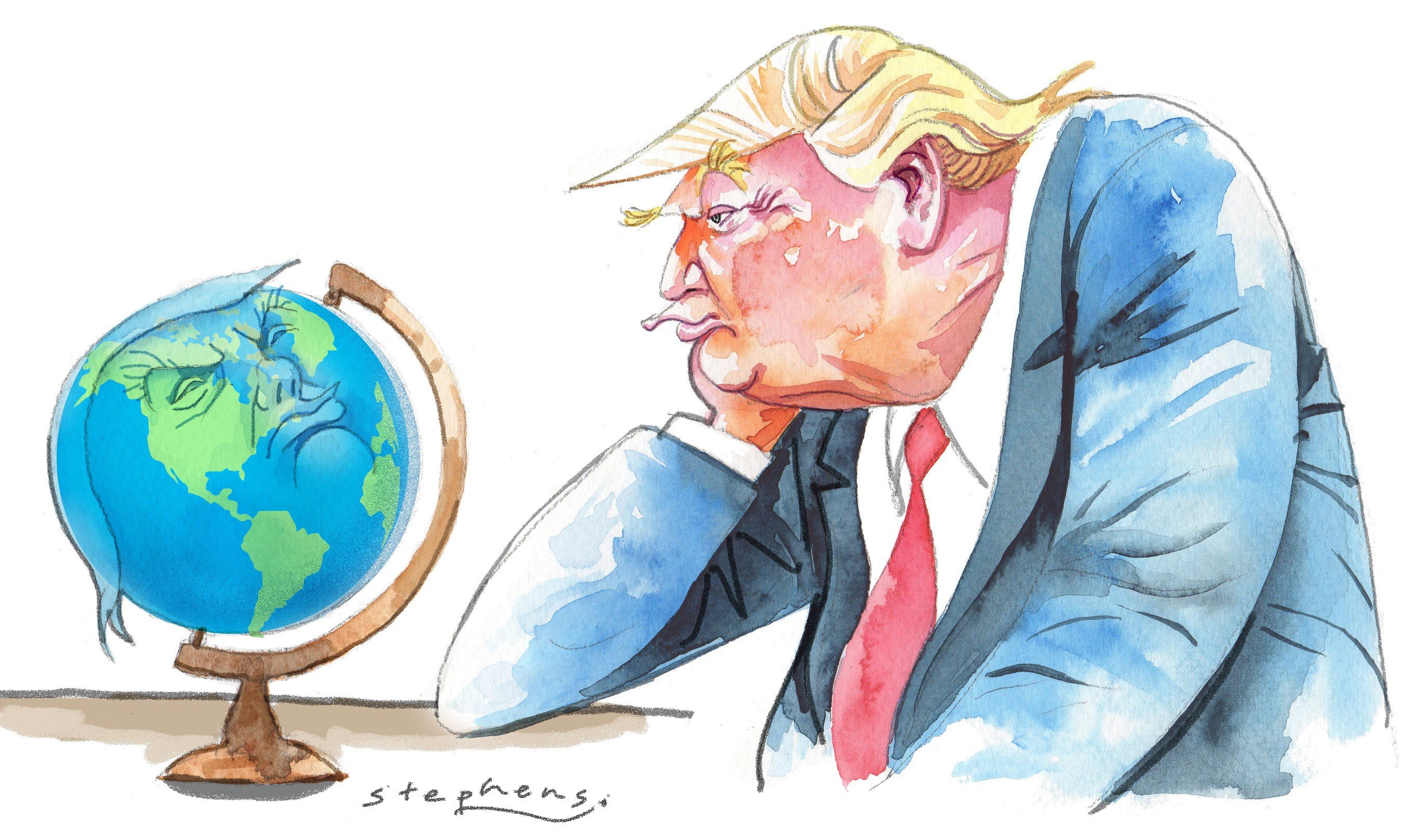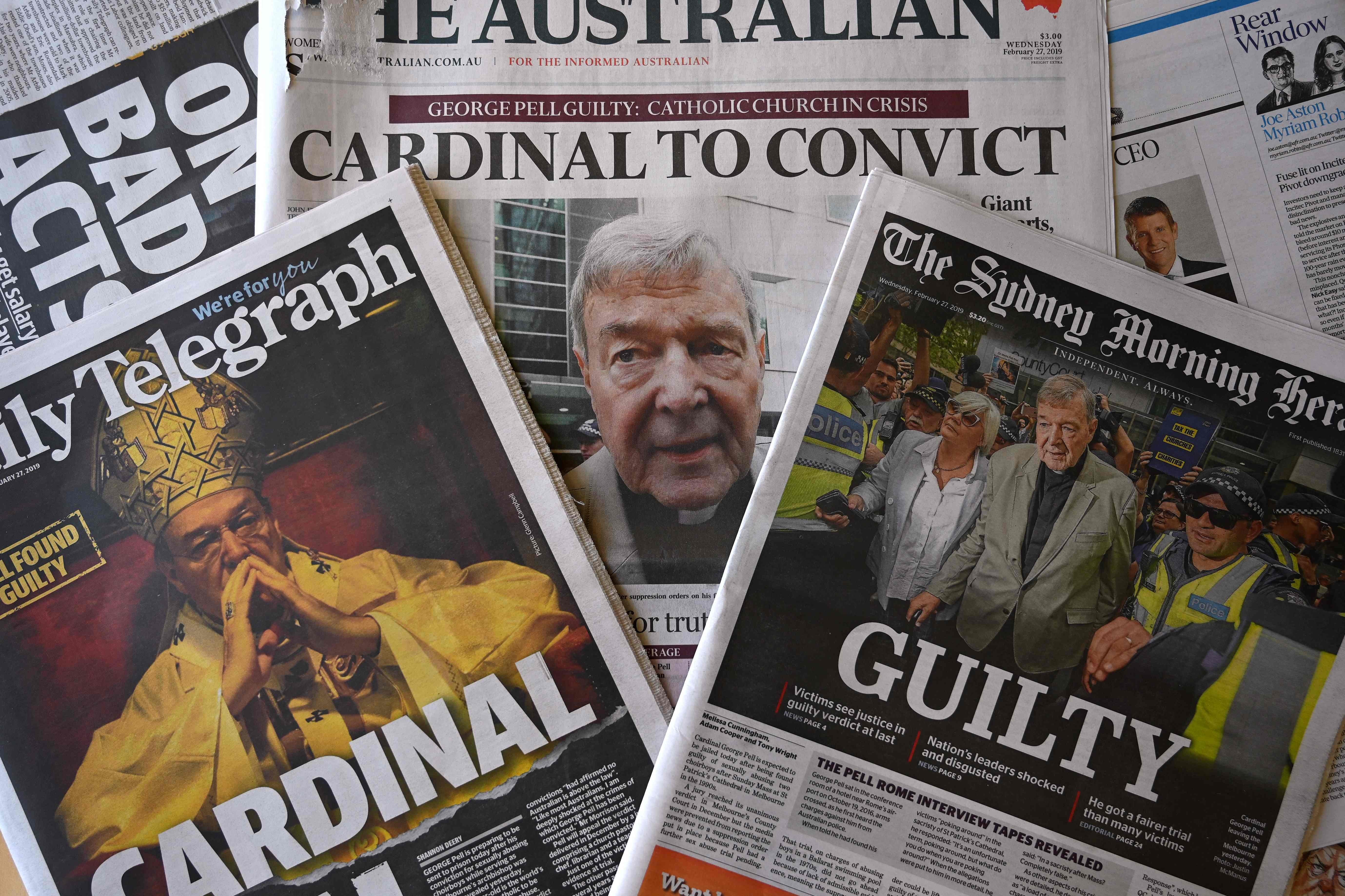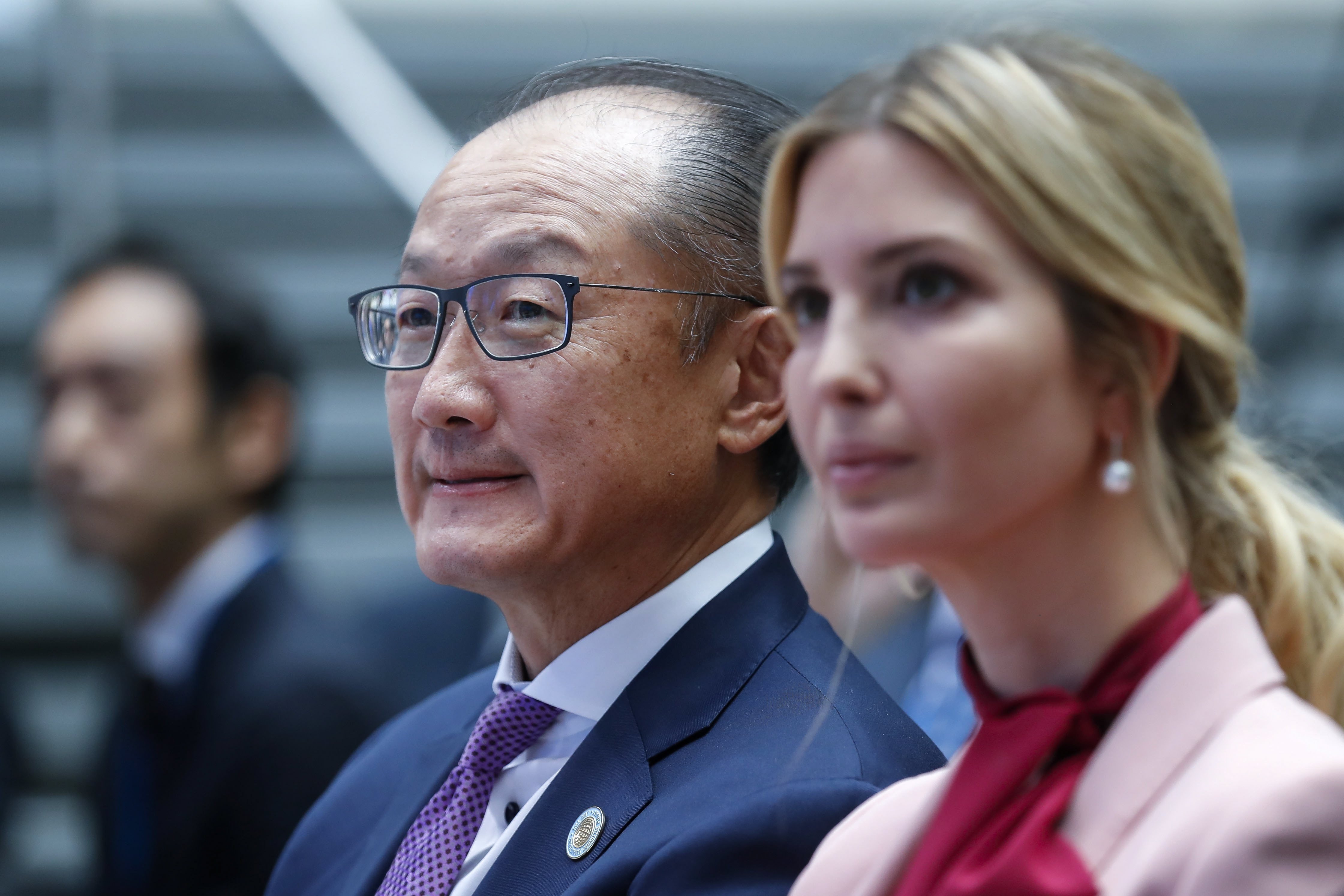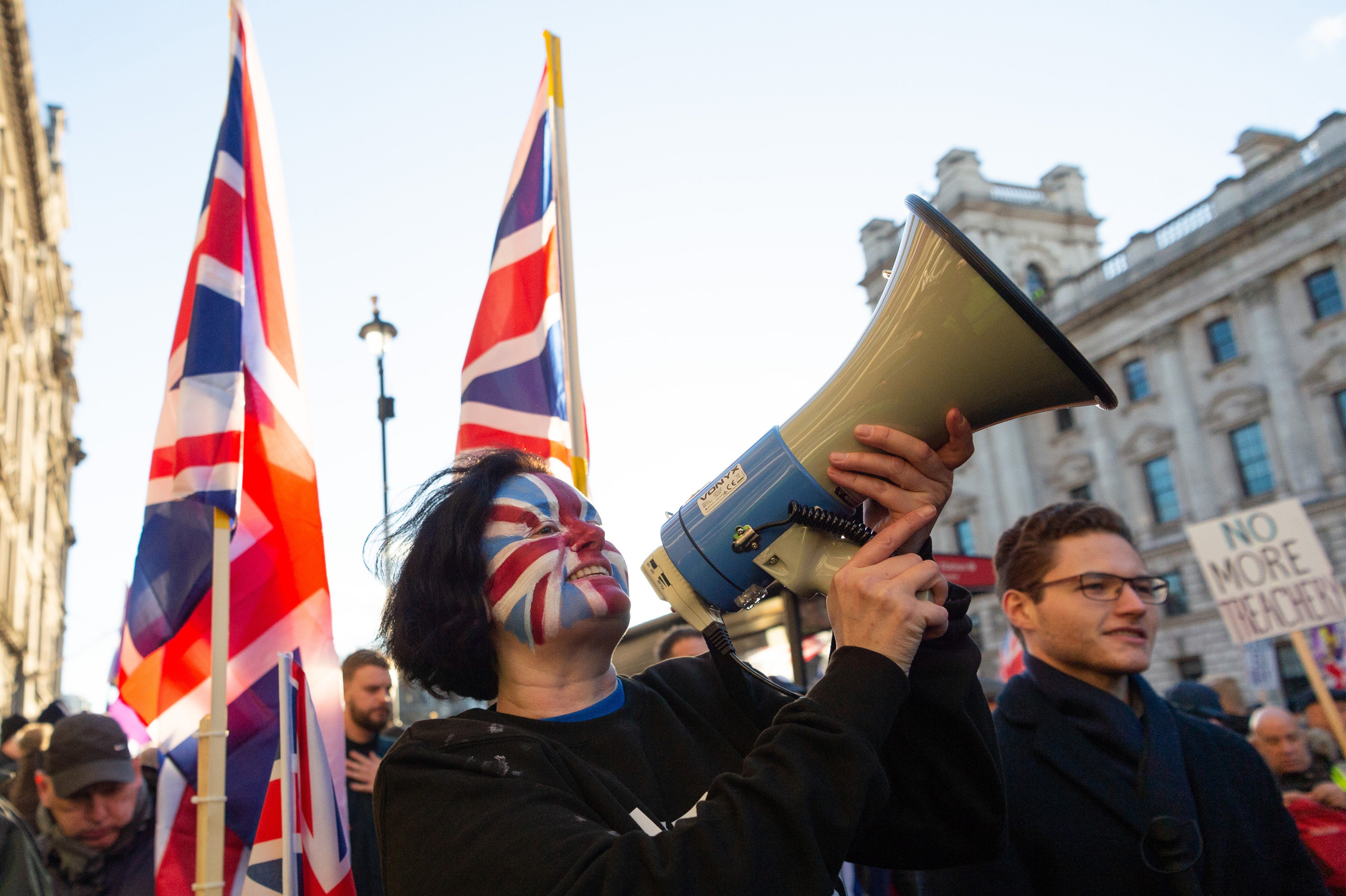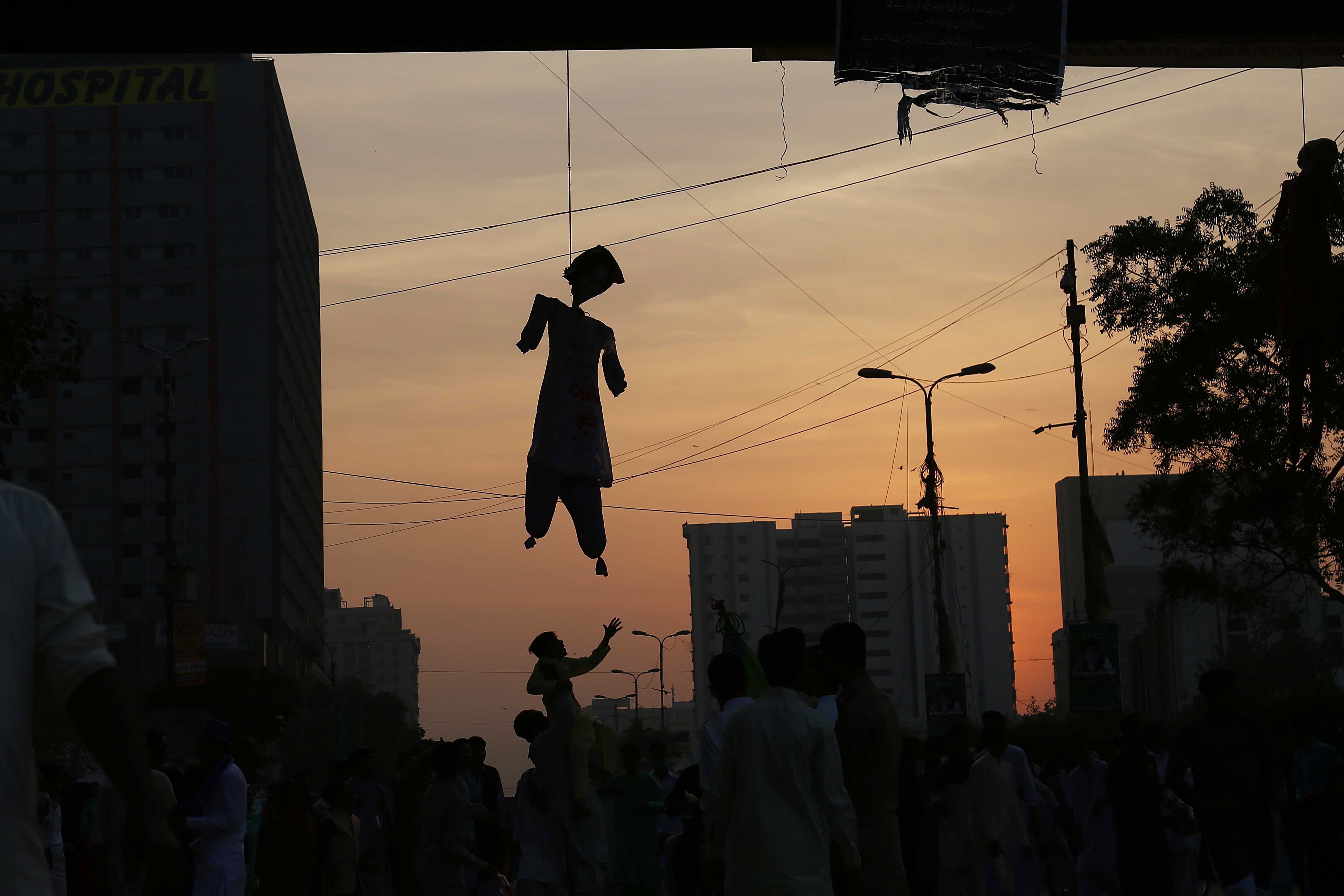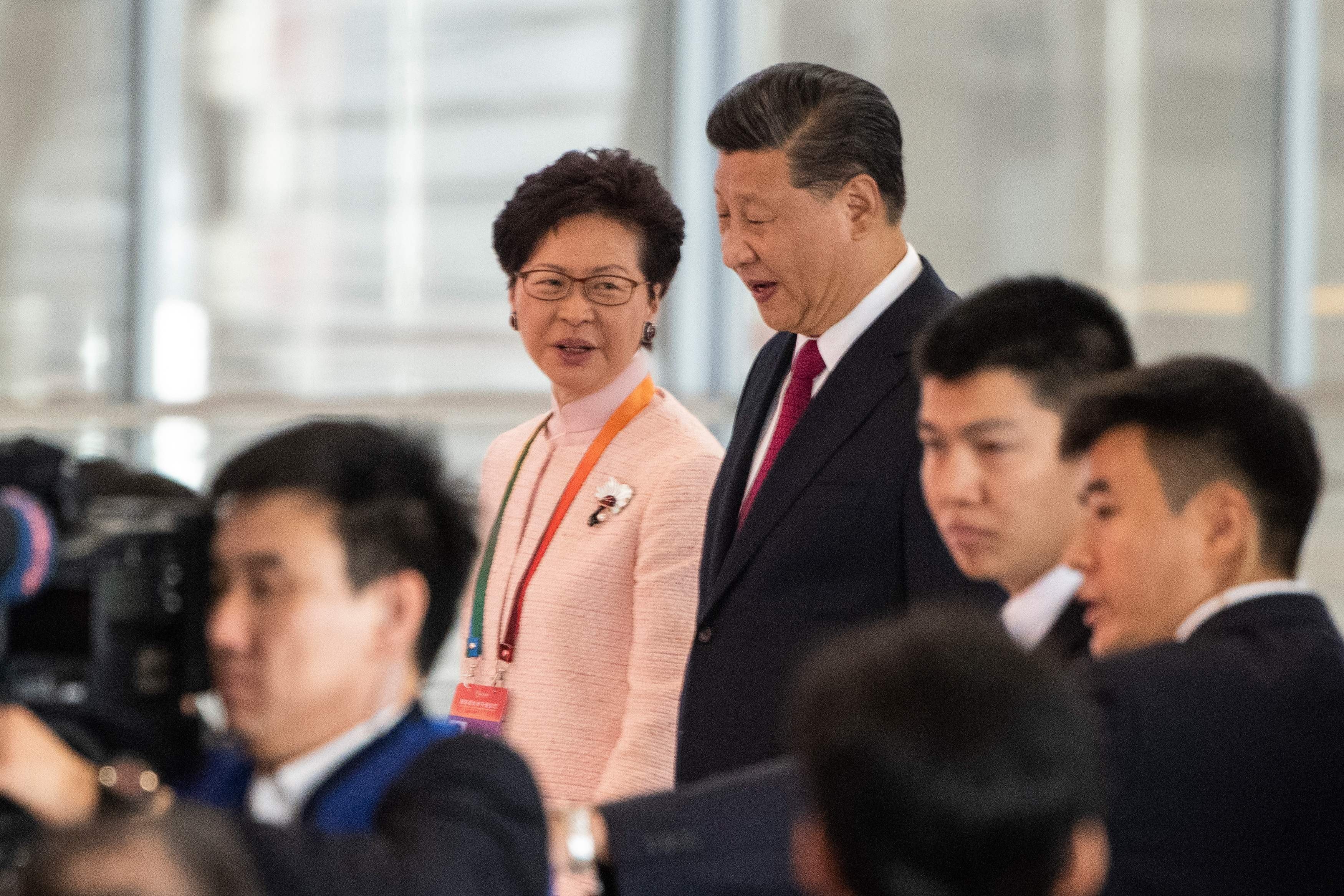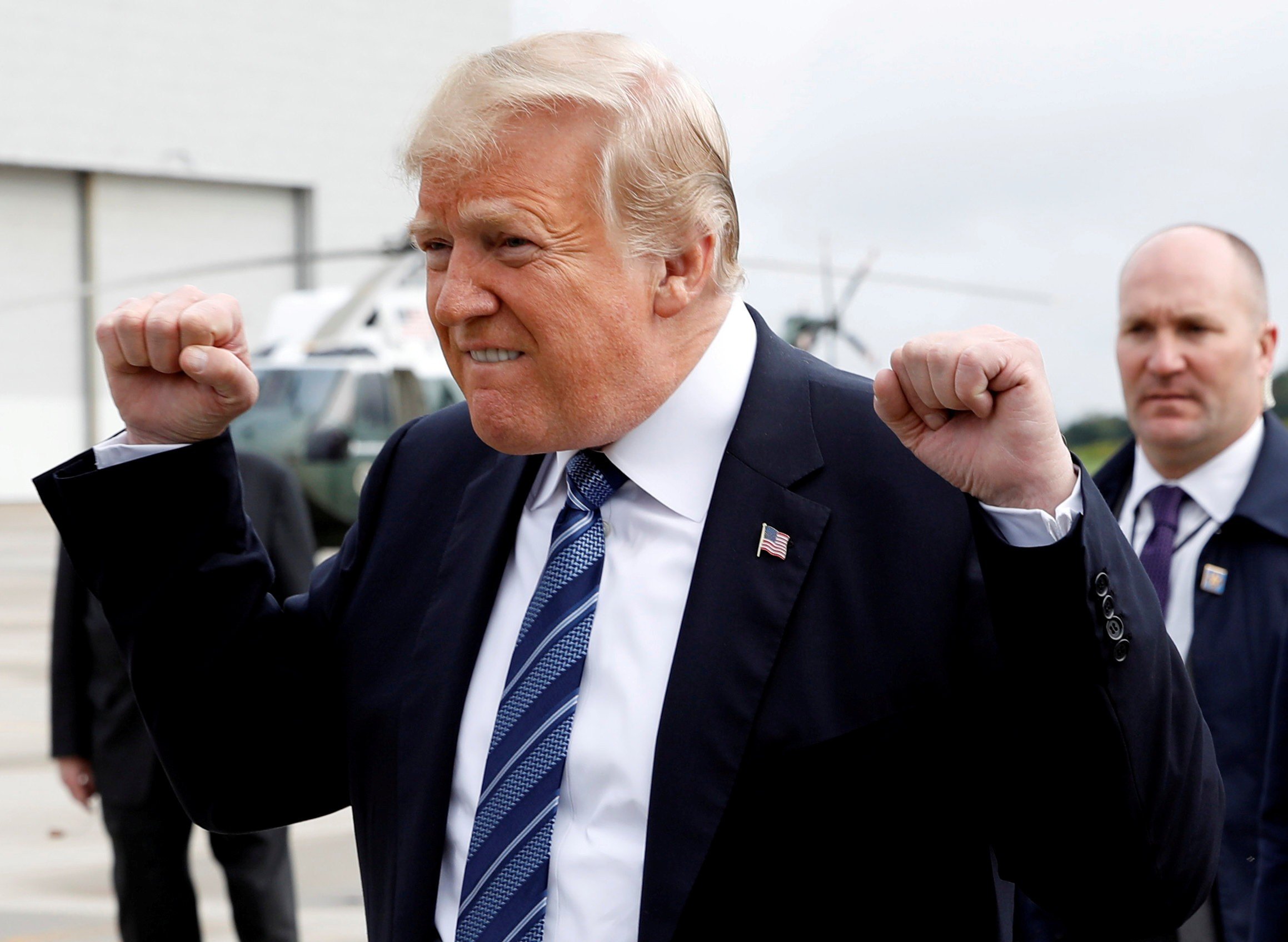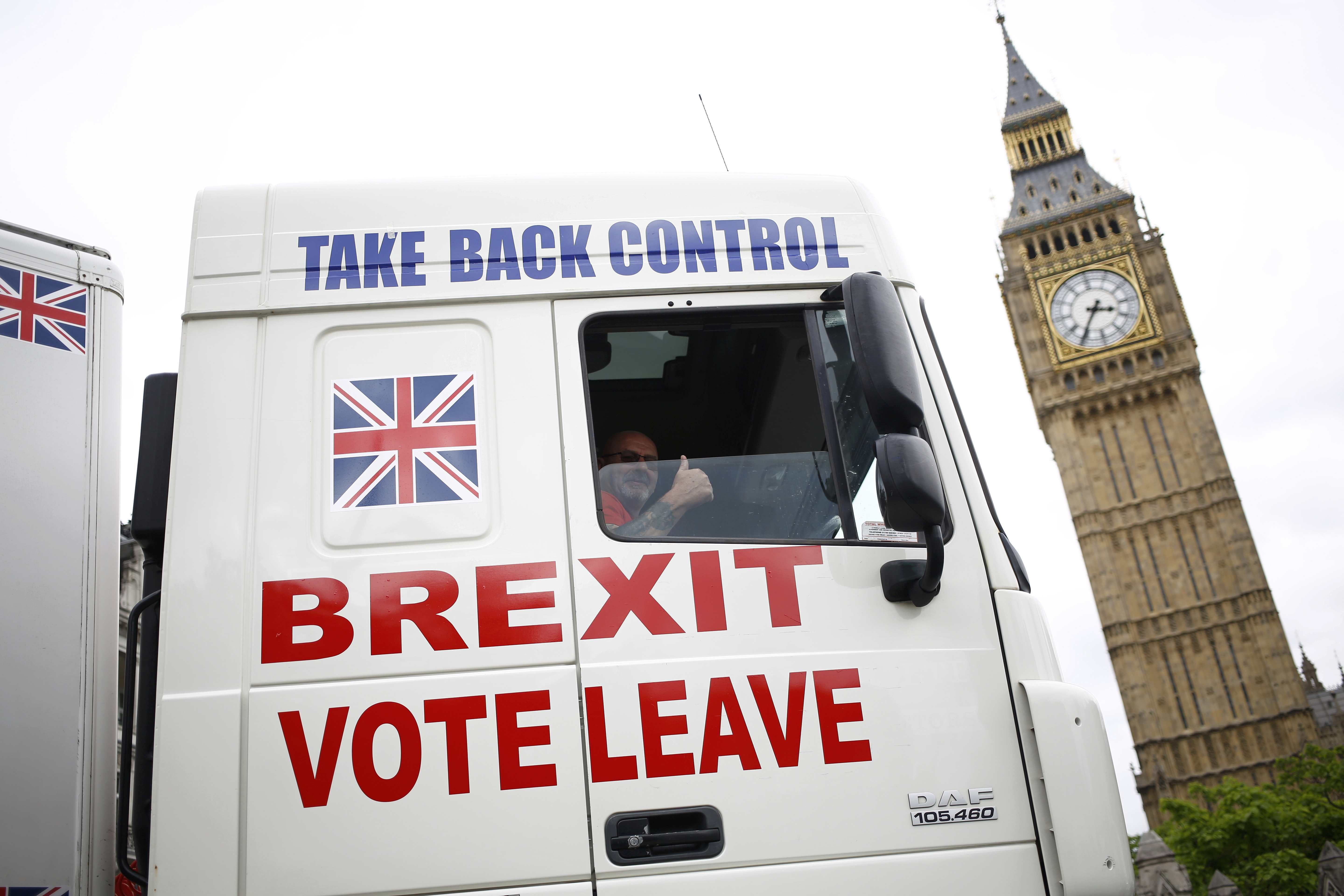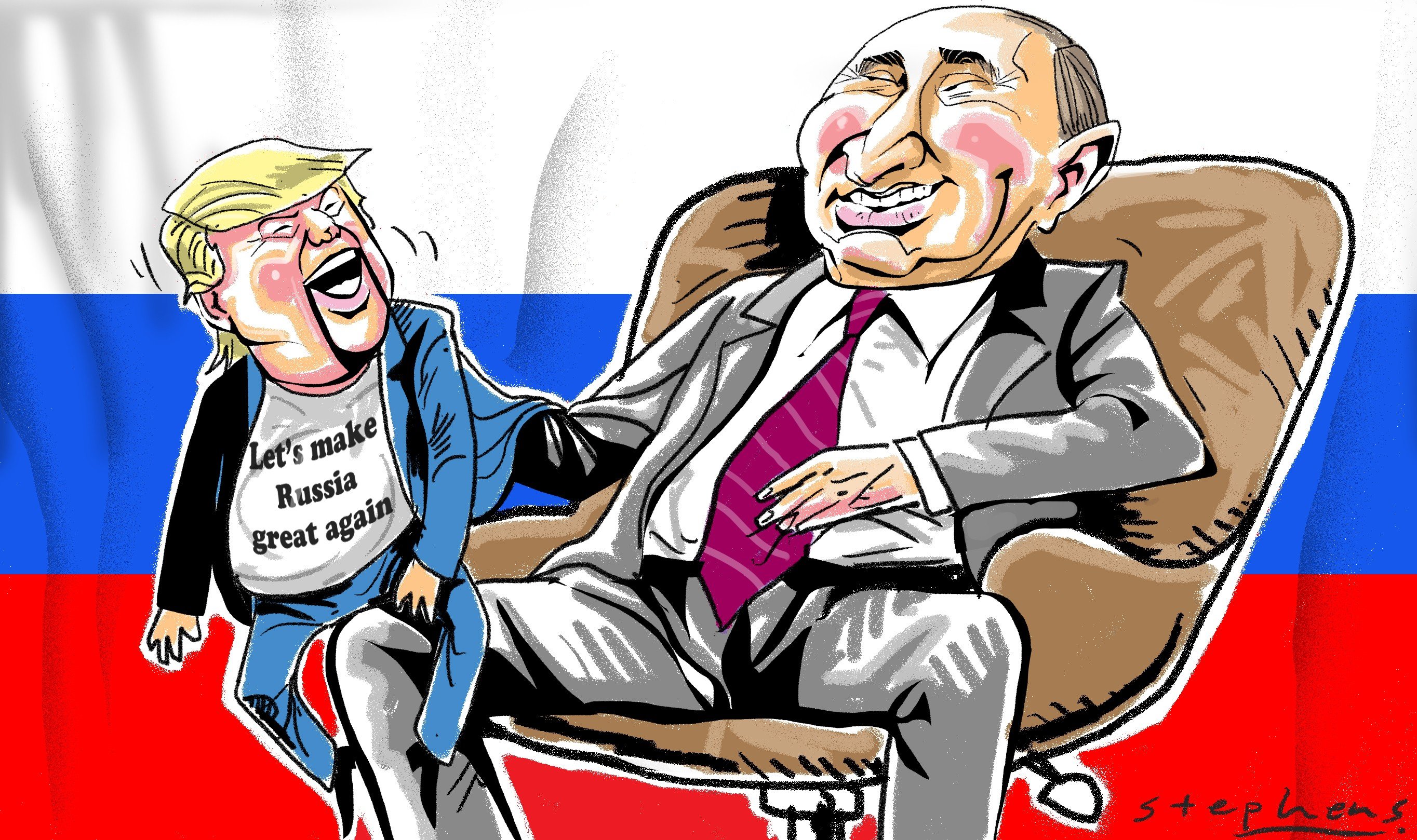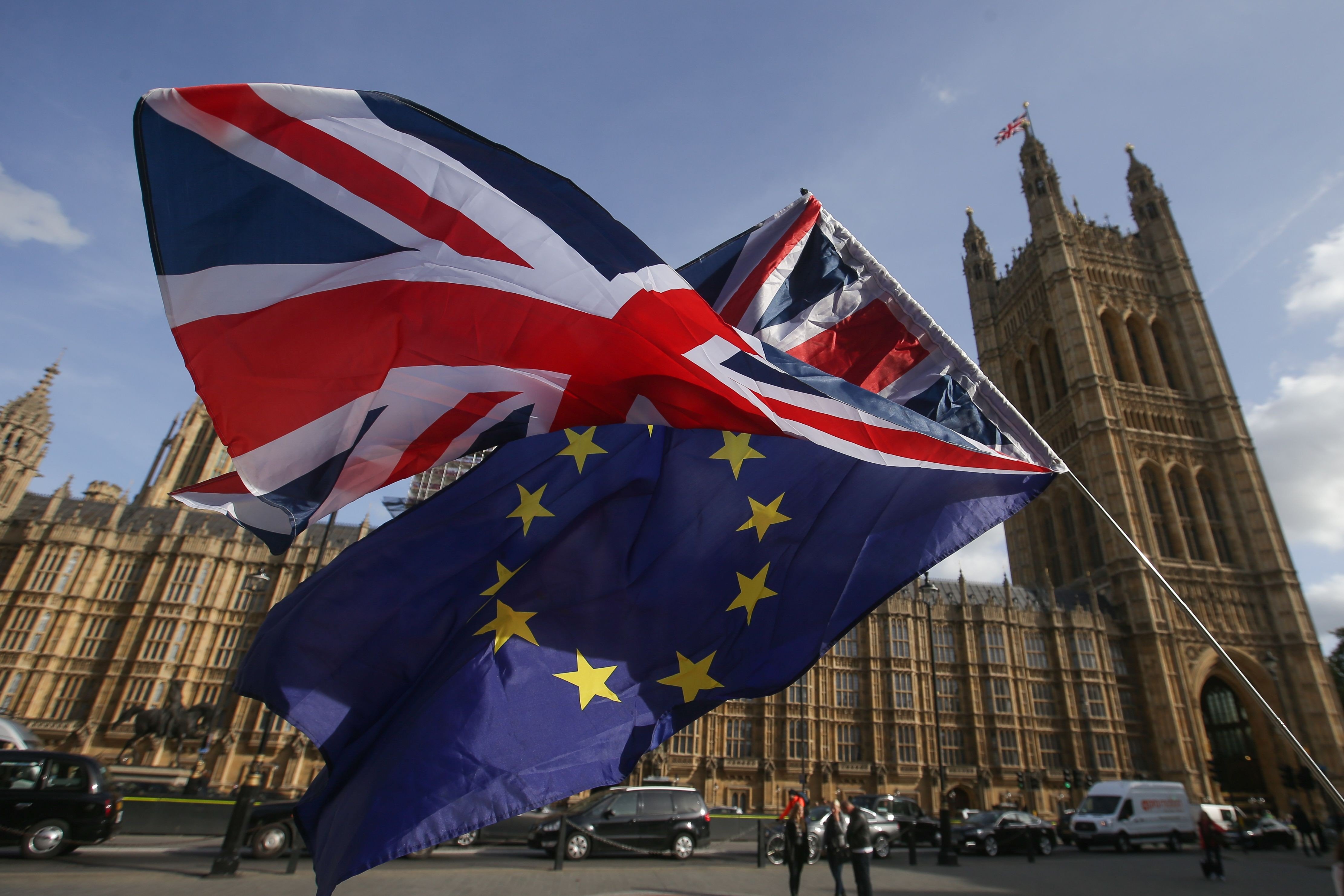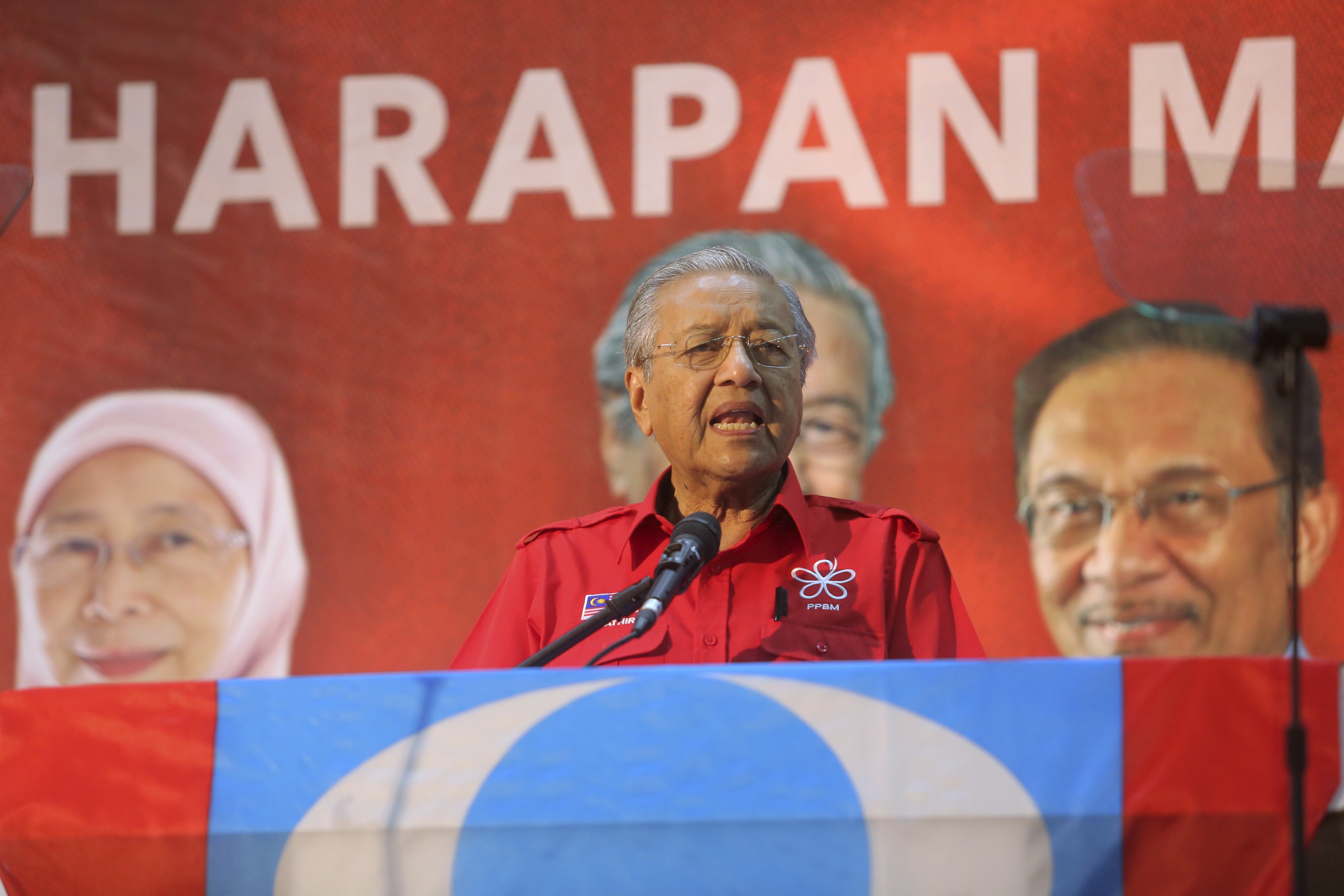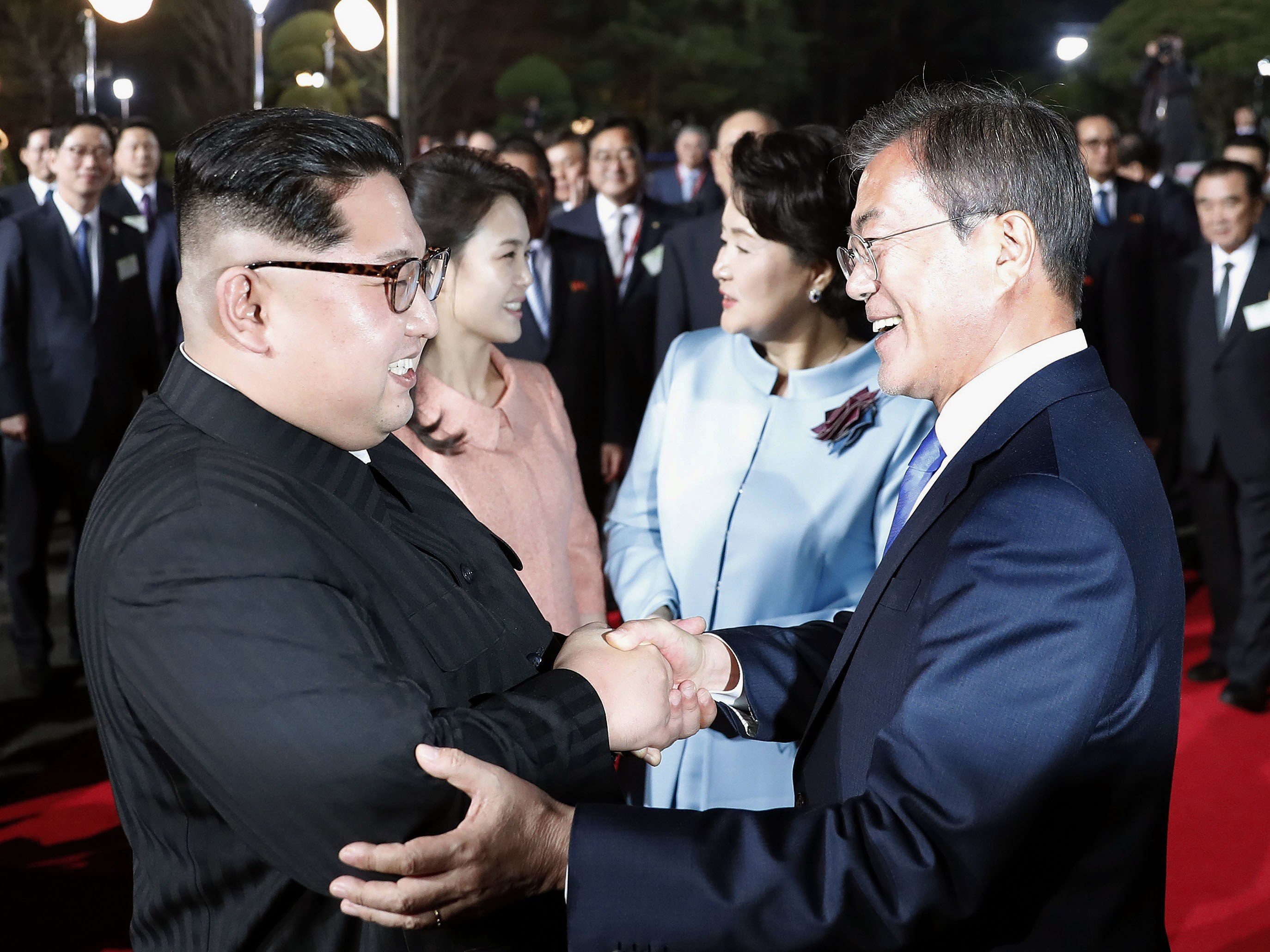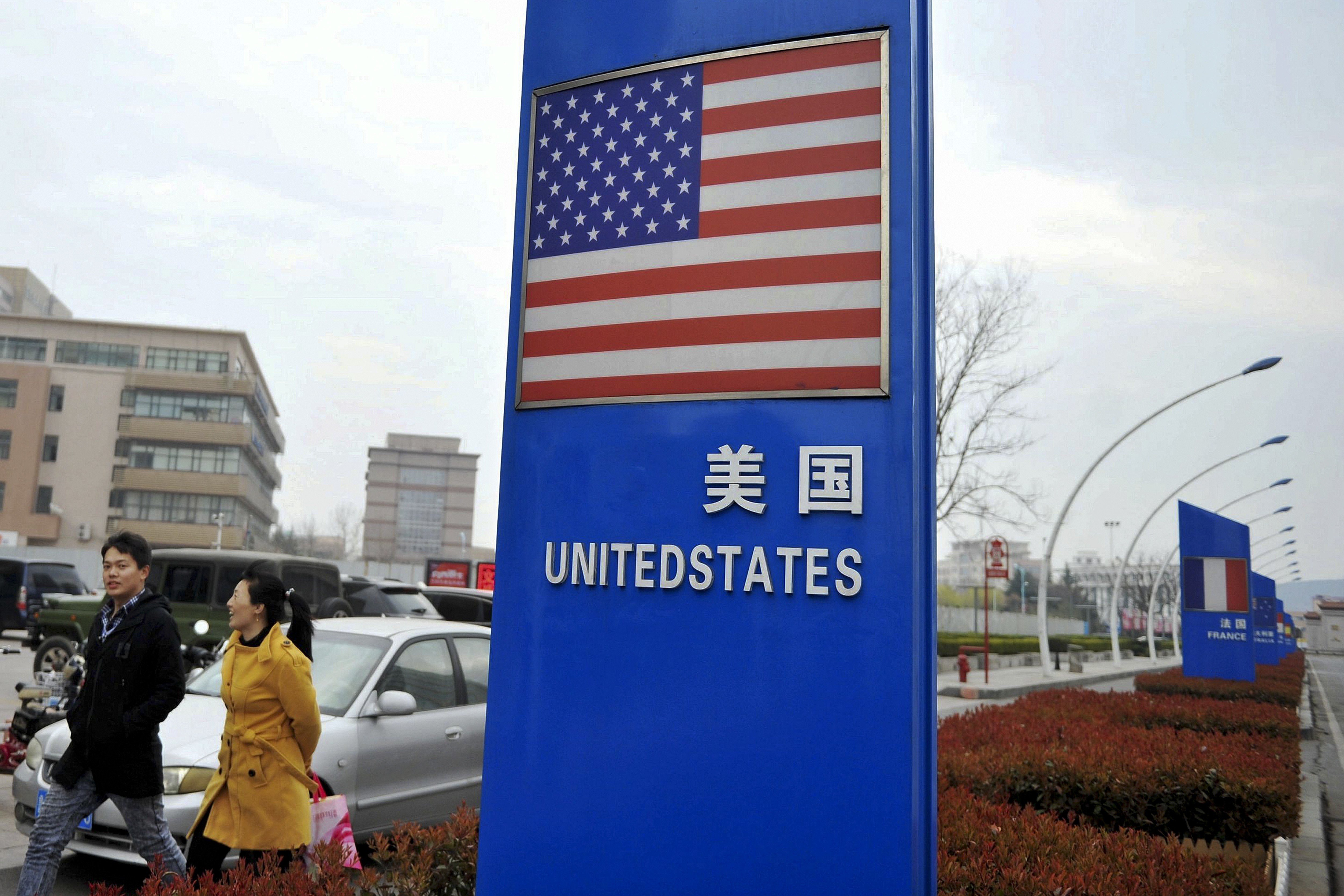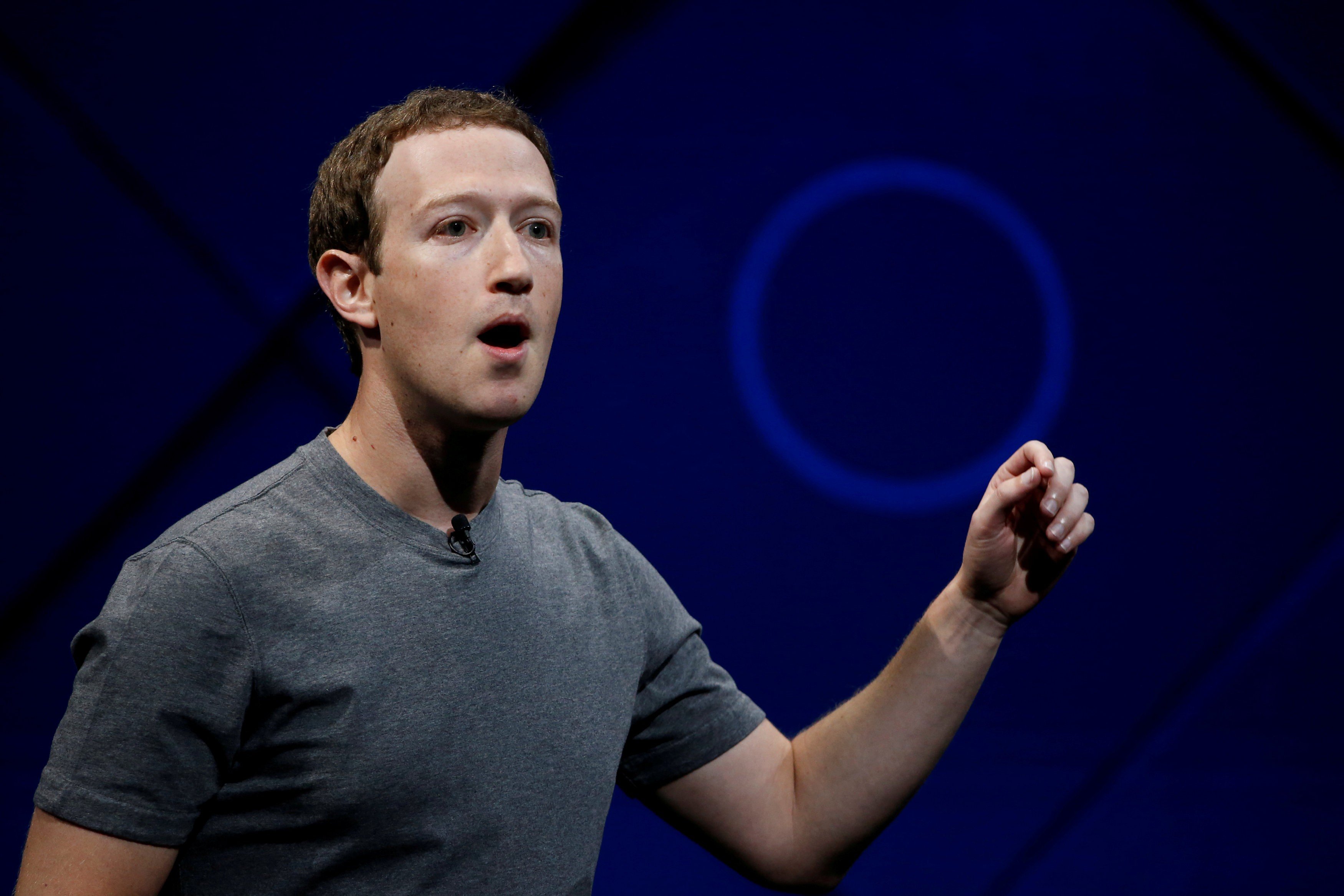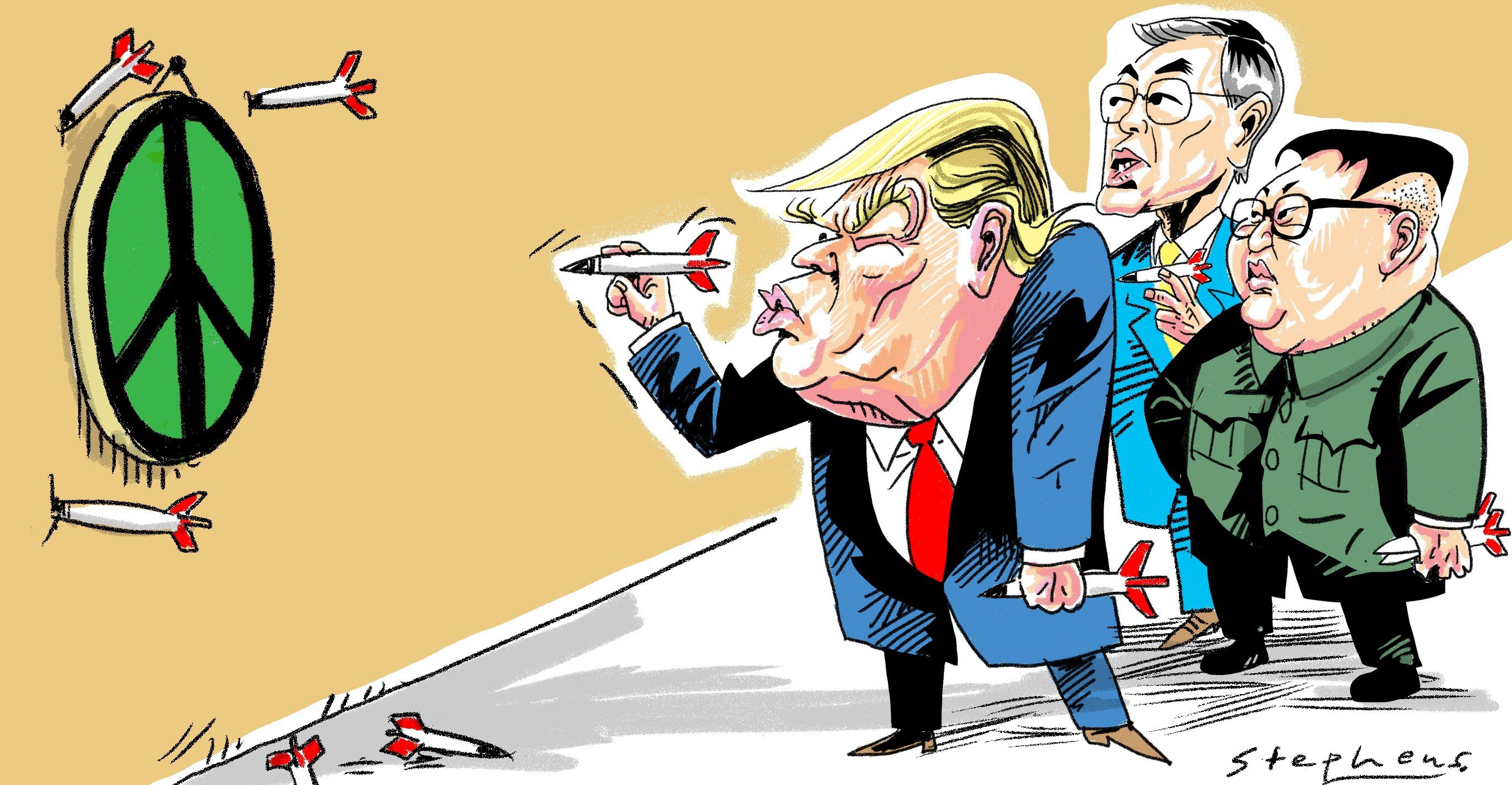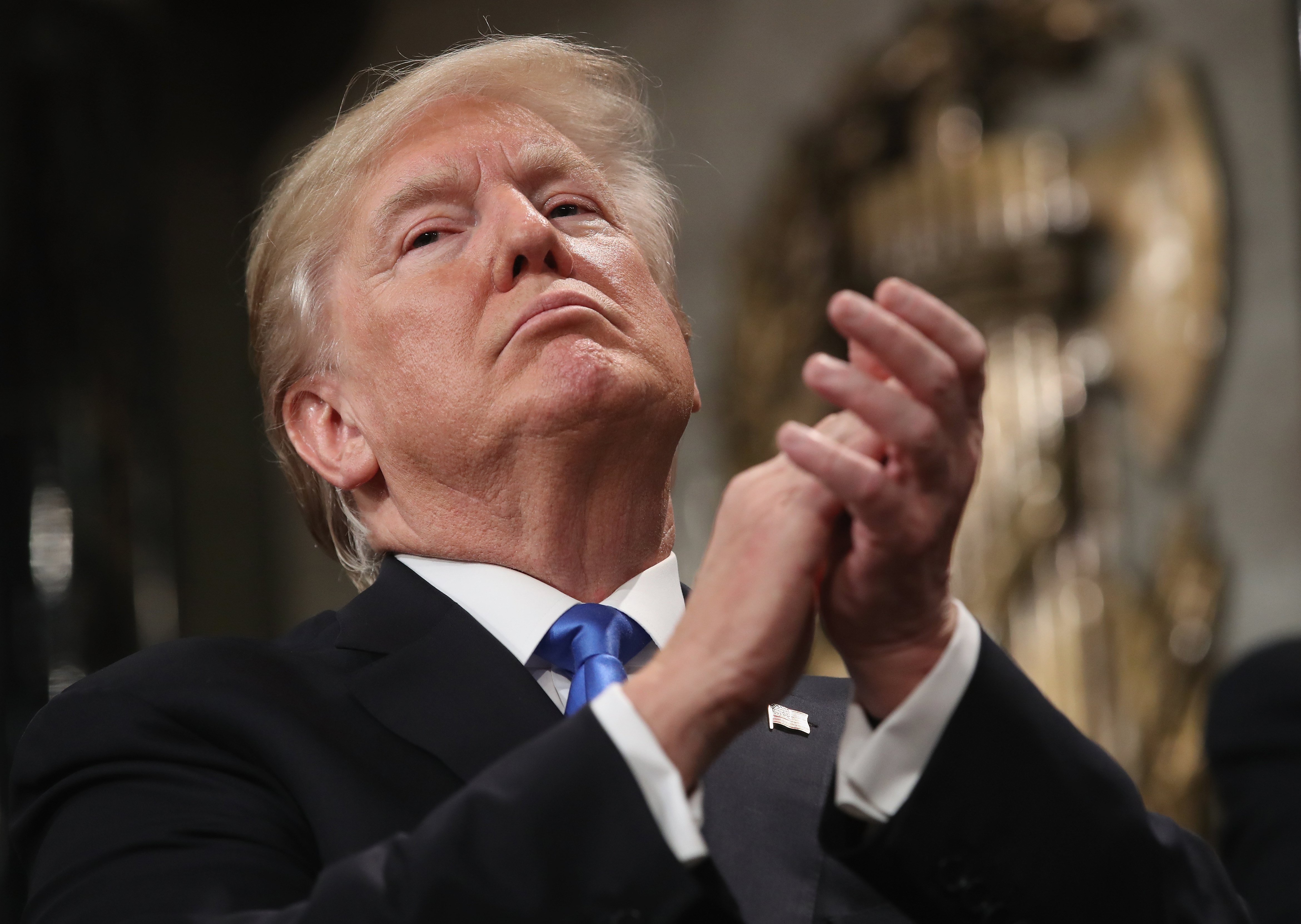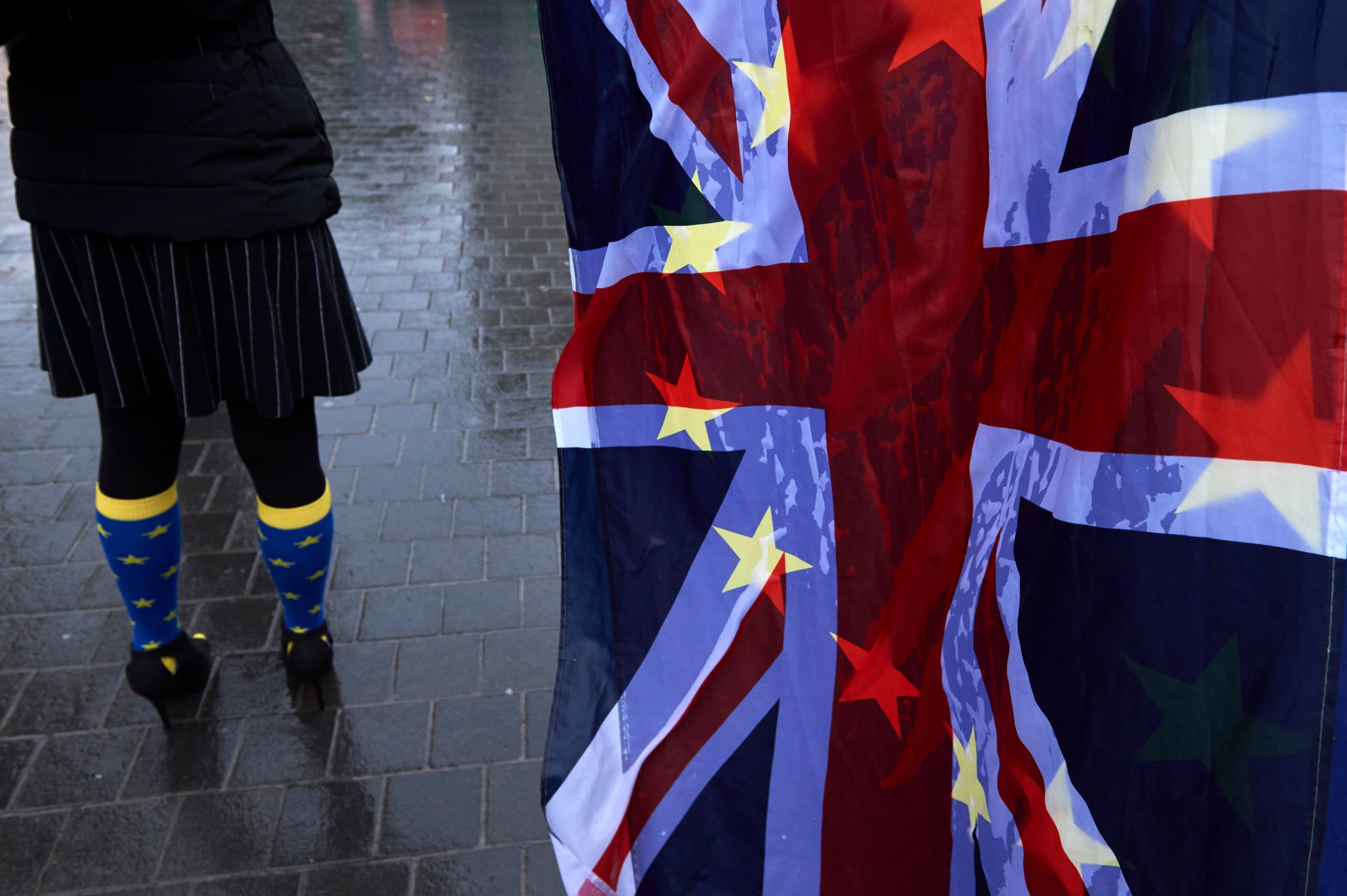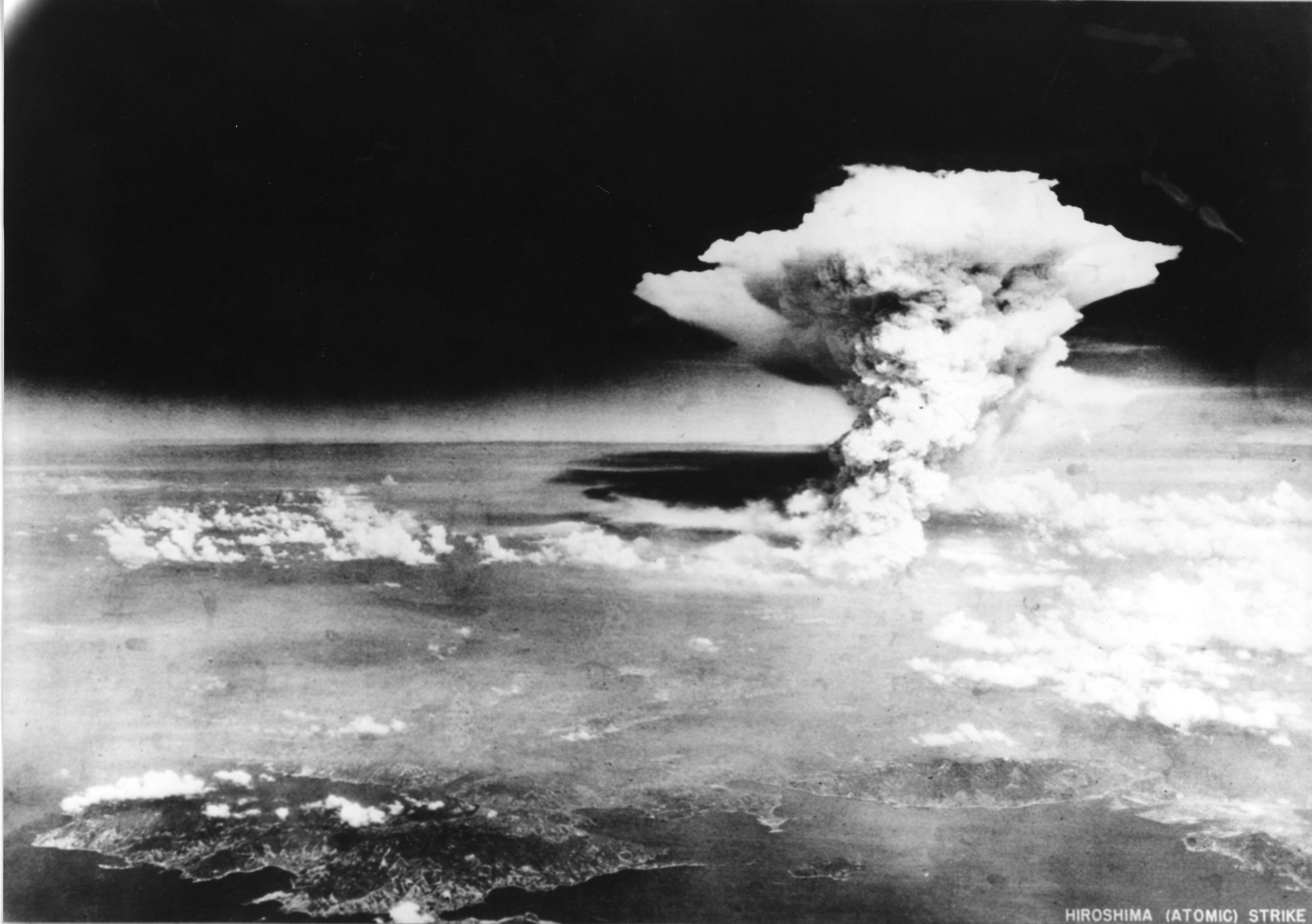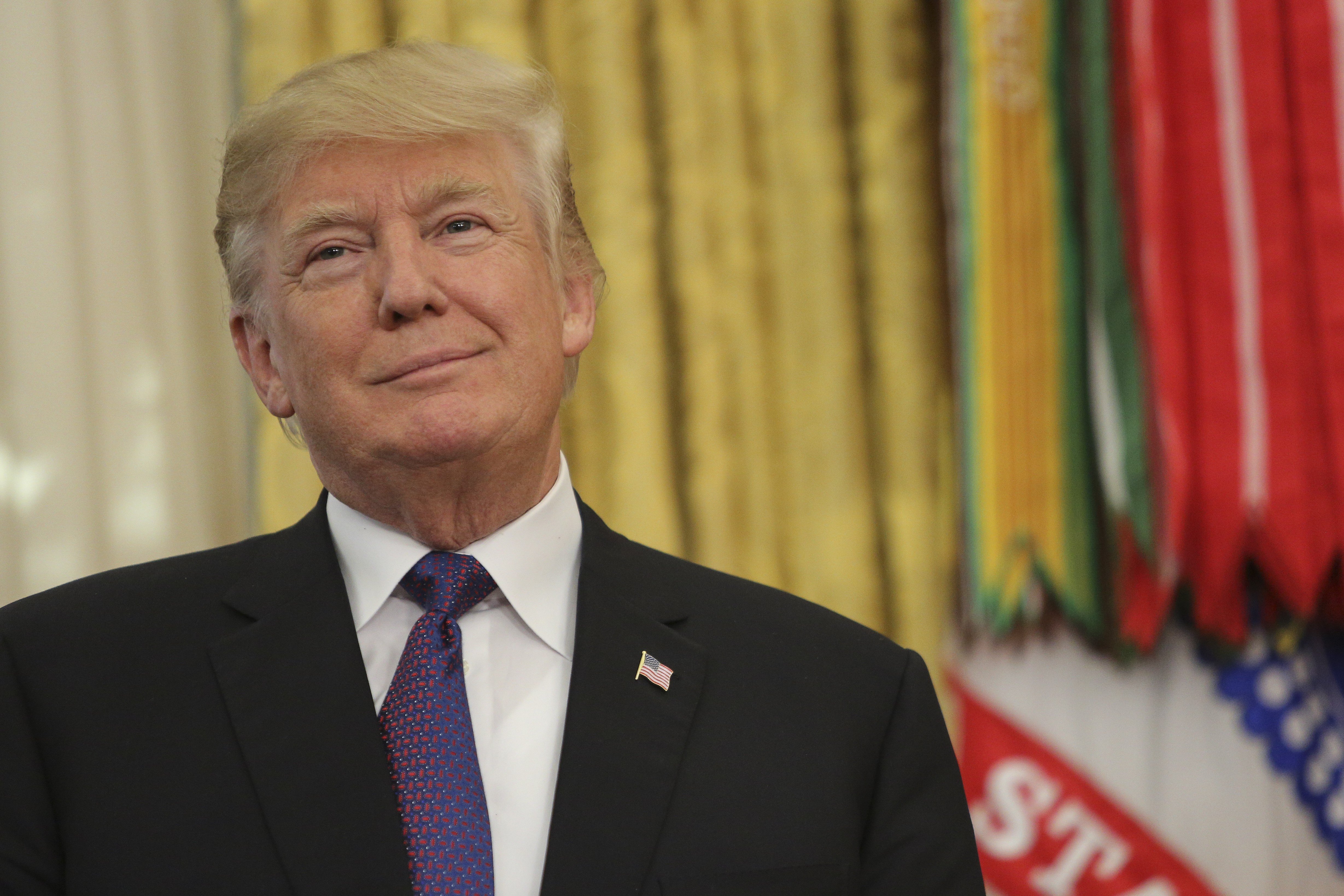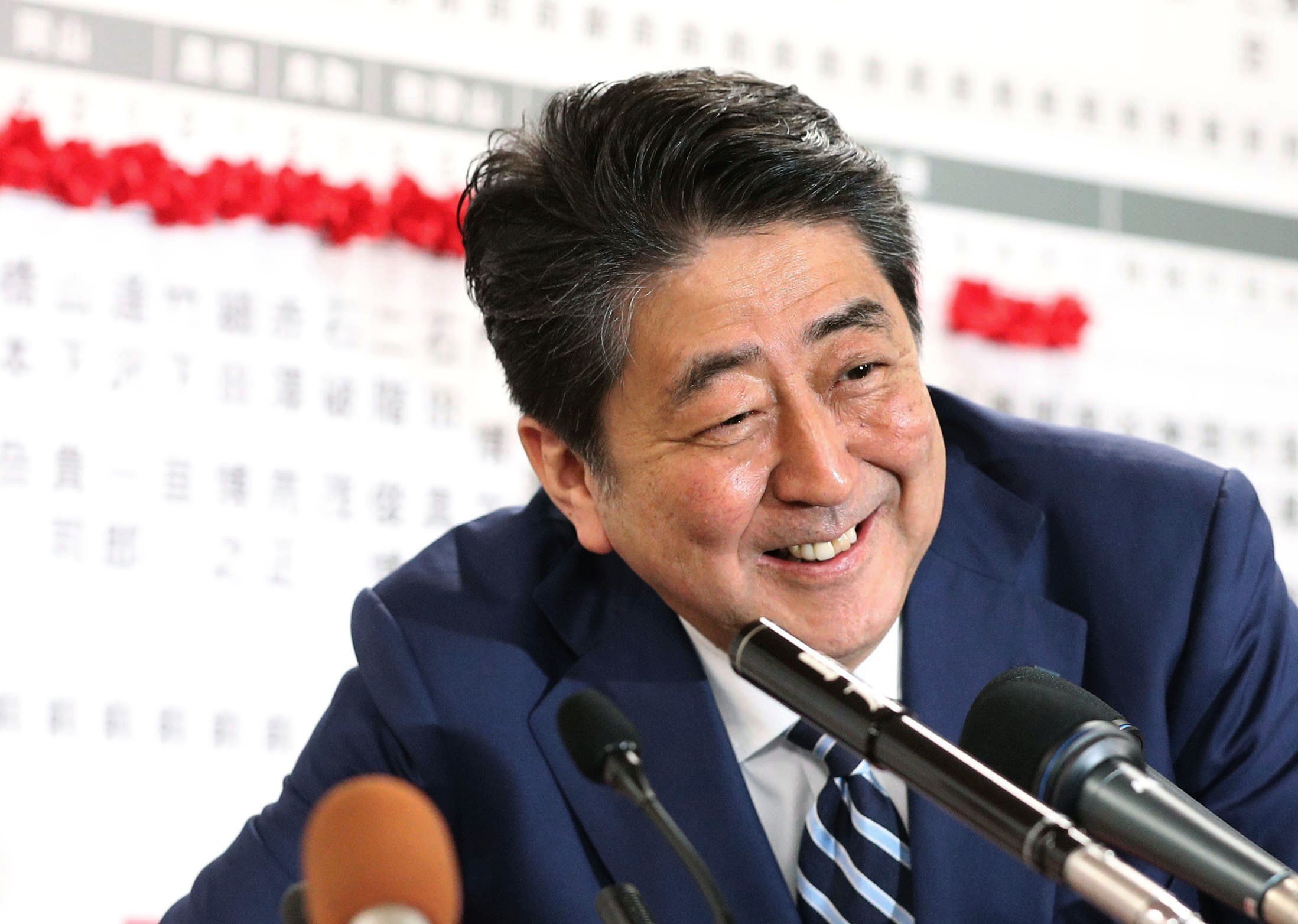Advertisement
Advertisement

Kevin Rafferty
Kevin Rafferty, a journalist for 50 years, started writing about cricket and football for The Observer when at Oxford University. He joined the foreign staff of the Financial Times, was in charge of the FT’s Asian coverage, and opened the paper’s first Hong Kong office. He has lived and worked in Delhi, Bangkok, Kuala Lumpur, Hong Kong, Tokyo, Osaka, and Washington, and edited daily papers in 30 major cities during IMF and multilateral development bank meetings. He was professor in the Institute for Academic Initiatives at Osaka University.
Irascible Trump is using brute force to sweep aside climate change concerns while ignoring a two-state solution in the Middle East and bullying other world leaders into avoiding Huawei as he seeks to dismantle the global order.
The present crisis shows Hong Kong needs a new leader, one who respects China and is respected in China. However, this leader must also fight for Hong Kong, and not merely tell Beijing what it wants to hear.
Shinzo Abe has failed to resolve old grievances or revitalise the economy ahead of the coming population crunch. His dream of a constitutional revision is also a long shot, yet he has served longer than any PM in Japan’s history.
Kristalina Georgieva has all the qualifications in both finance and politics to be an excellent IMF managing director. Nonetheless, her defining task will be reforming the opaque, inadequate system that gave her the job.
Advertisement
Undignified pat-downs and rough treatment at airports in the US and Europe reflect the view that all passengers are potential terrorists. Hong Kong’s genius is in maintaining the highest standards in both airport security and passenger dignity.
It is Britain’s funeral if it crashes out of the EU – recession and a break-up of the UK are the more likely outcomes, rather than the new prime minister’s promise of a magical revolution.
The relevance of the forum is again in question, and not just because of the US president’s headline-making meetings with other leaders. It’s time to pare down the unwieldy talkfest to make it a gathering of consequence.
There are hopes that Modi will create much-needed jobs and propel economic growth but also fears that he will inflame religious differences and worsen ties with nuclear-armed neighbour Pakistan.
Japan has a new emperor, Naruhito, but Prime Minister Shinzo Abe is still in charge. Abe is not only determined to amend Japan’s pacifist constitution but has also put his faith in US President Donald Trump
The US president’s unpredictability is dangerous in an increasingly unstable world. Germany and Japan, running trade surpluses with the US, are not safe. And multilateralism is in crisis in Europe, though the Europeans should know better.
The Vatican treasurer’s conviction on child sex charges, until recently kept out of the news by a gag order, raises questions about Pope Francis’ leadership and the church’s resolve in tackling clergy sexual abuse.
In a world where infrastructure funding and leadership on tackling climate change are still an urgent need, the World Bank must rid itself of undue government interference and set the agenda for the greater global good.
Theresa May and the Brexiteers have misled their country about what awaits after an EU split and the best thing to do would be to vote yet again.
The capital blasphemy case against Asia Bibi is an emblem of a Pakistan that has broken its founding father’s promise of safety for people of all faiths. The country lost its way under the rule of Zulfikar Ali Bhutto and Zia ul-Haq.
The chief executive has failed Hong Kong by clamping down on talk of independence and self-determination. And if the latest ban on Victor Mallet was ordered by Beijing, it calls into question Hong Kong’s future.
The gender gap remains wide in Japan, despite Abe’s pledge to uplift women. The country is controlled by conservative men who keep women out of medical schools, boardrooms, and the line of succession to the throne.
The recent unflattering portraits of Trump should surprise no one. The question is why the US tolerates a capricious, disloyal deal maker in its highest office.
The push for Britain’s departure from the European Union is, like much other anti-immigration sentiment around the world, driven by frustration with globalisation and memories of an idyllic time that never existed.
The US president’s summit with his Russian counterpart shows he’s willing to stake American democracy and global stability on his own deal making. As the global order unravels, the only question is whether other countries, namely China, can form a new one.
Anti-Brexit heavyweights must convince the British population that the impending break with the EU is a disaster that must be avoided.
Questions remain after Mahathir Mohamed’s resounding victory at the polls. The biggest one is how different Malaysia’s new prime minister is from his younger self.
Last week’s inter-Korean summit left the participants and observers with a sense of palpable joy at the prospects of a unified, peaceful peninsula. That feeling may fade when Trump arrives, determined to root out North Korea’s nuclear programme.
The US president’s obvious lack of any game plan on the key issues affecting global security is frightening, and discredits American democracy in the eyes of the world.
Users of social media sites, especially Facebook, have to be particular about what personal information they share, and legislation should be enacted to give people ownership of their data.
All the countries involved in the Korean peninsula need to wake up to the danger of the fragile peace being shattered.
The Trump presidency is becoming a law unto itself. His attack on the integrity of America’s intelligence and law enforcement agencies, especially, raises worry that he may try to thwart the FBI investigation into Russia links
The stories the Britain-first crowd tell about a return to their old blue passport reflect their delusions about reclaiming their old place in a world that has moved on
The costs of a nuclear weapons exchange, and the words of Hiroshima and Nagasaki survivors, should motivate us to be rid of these weapons forever

